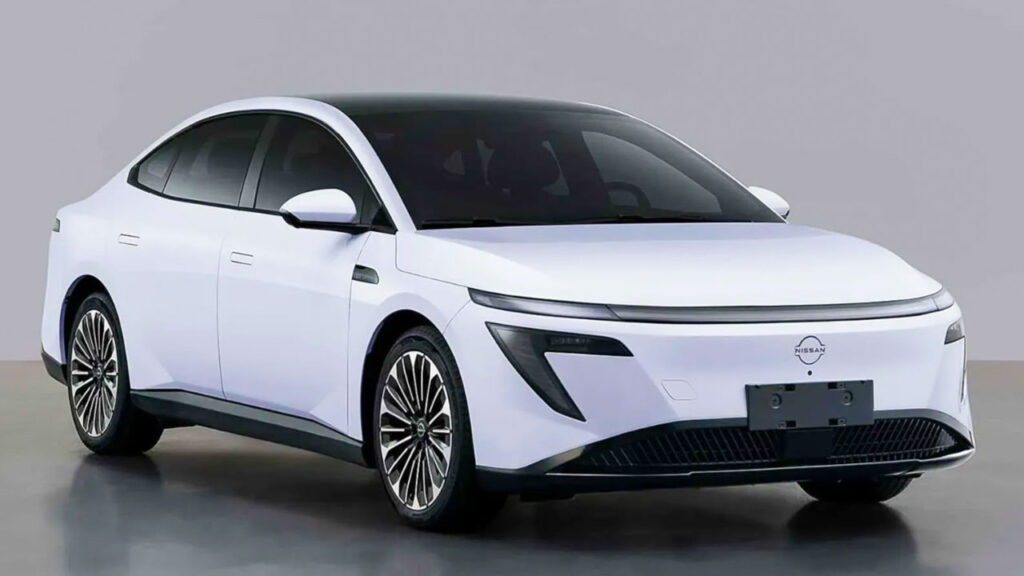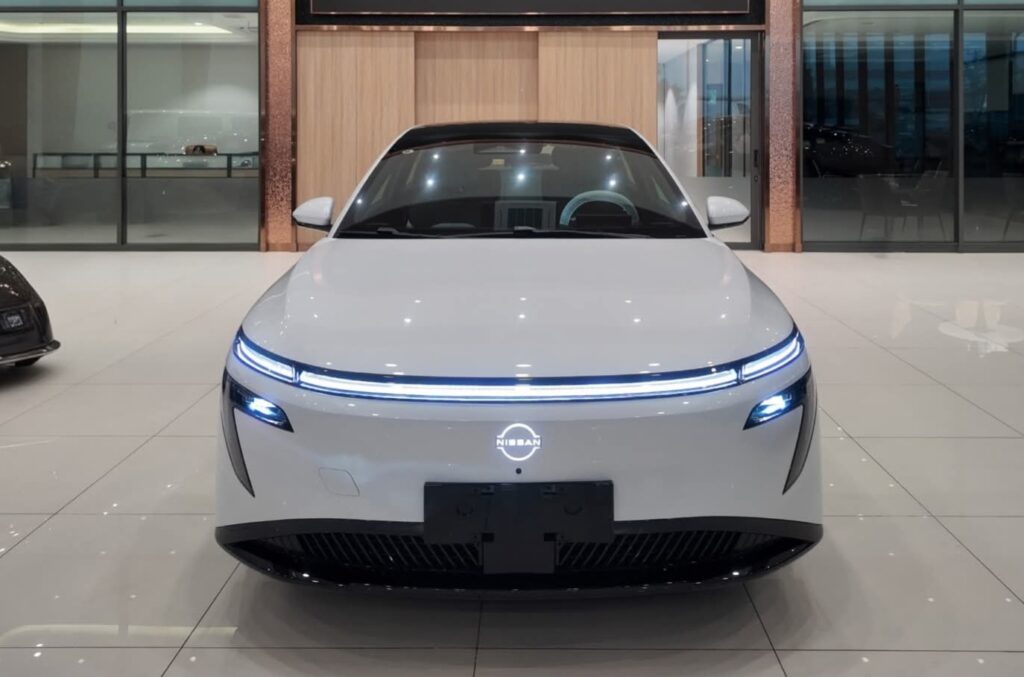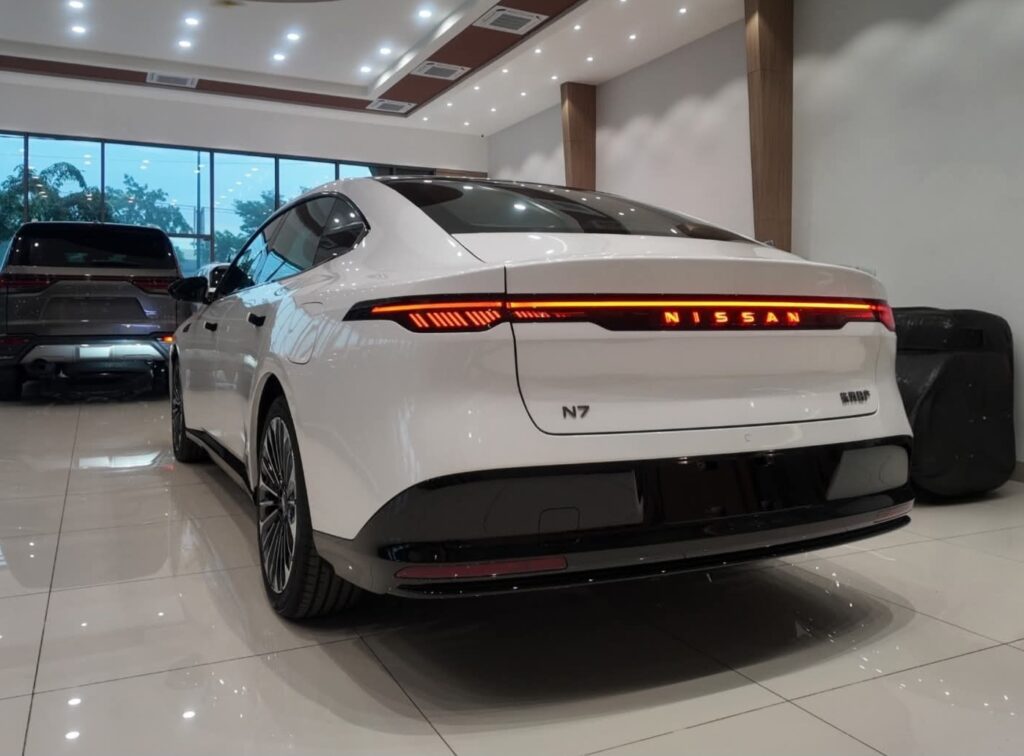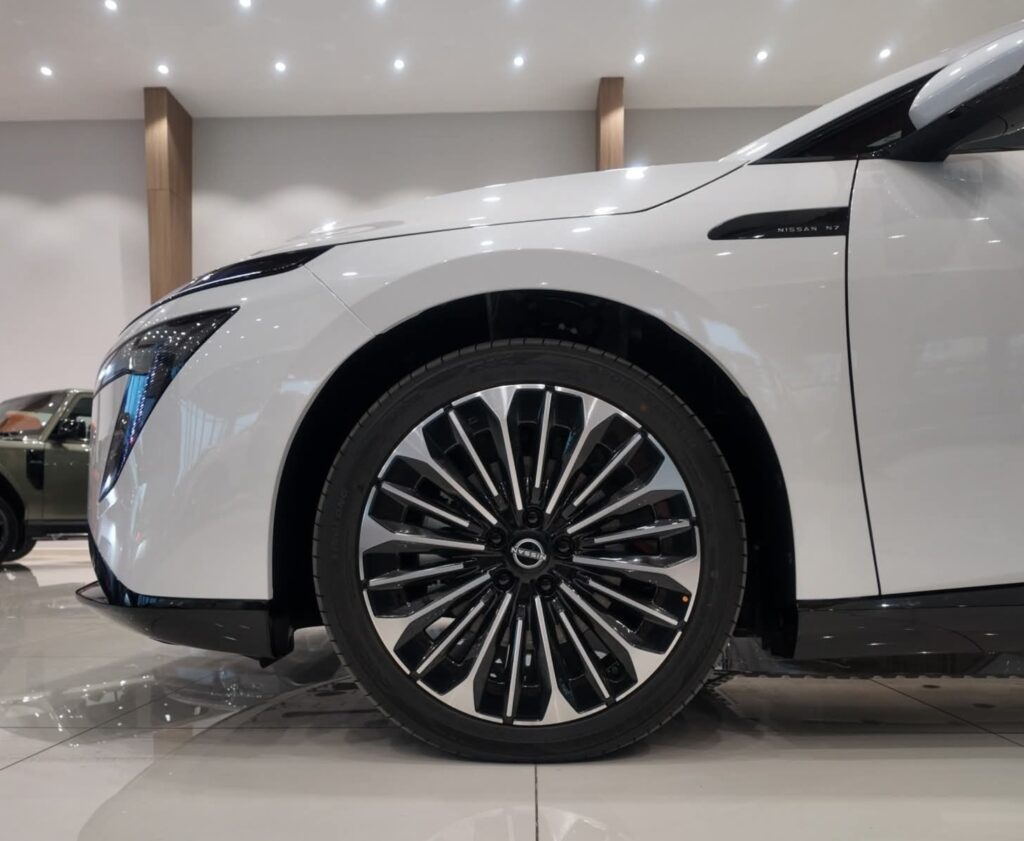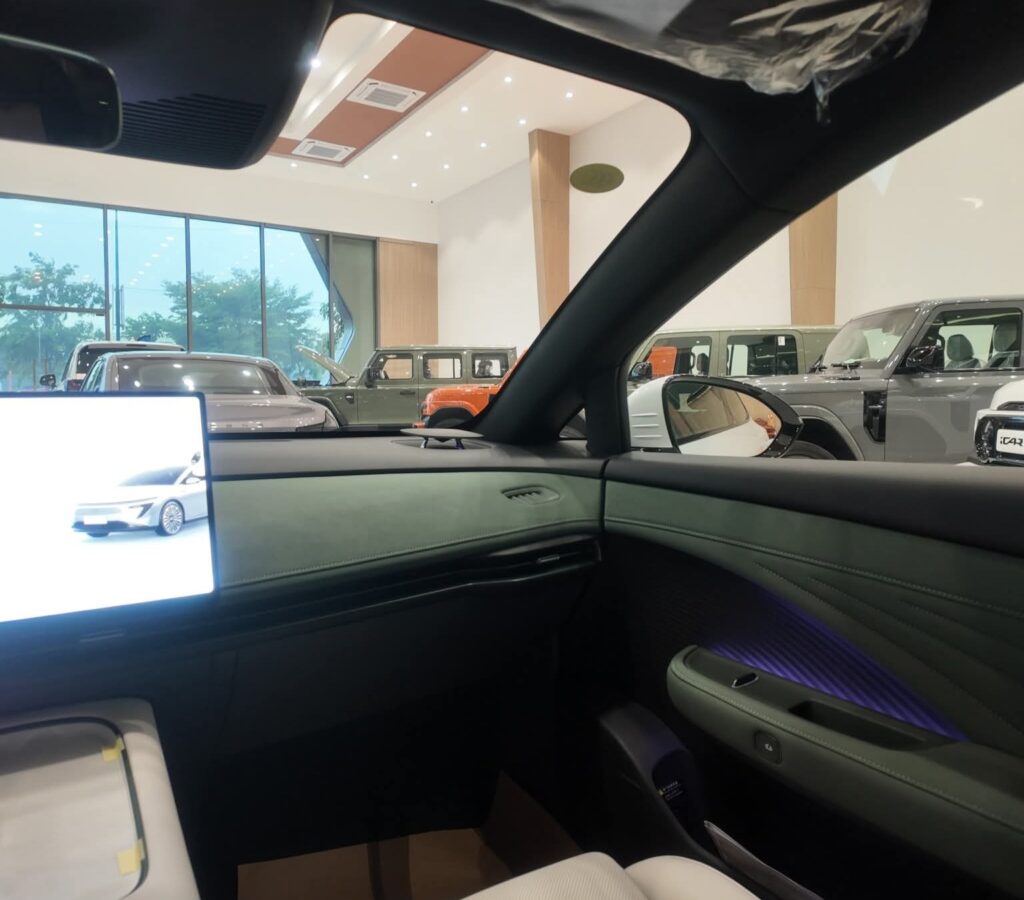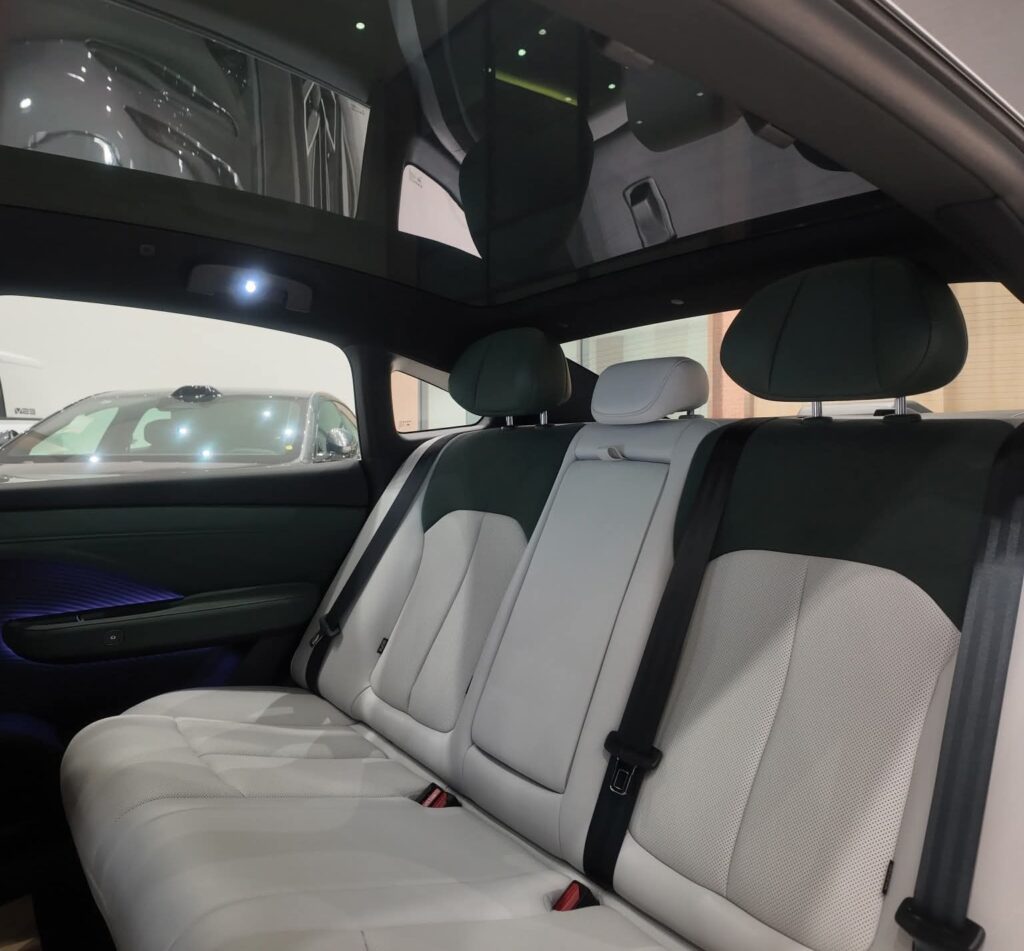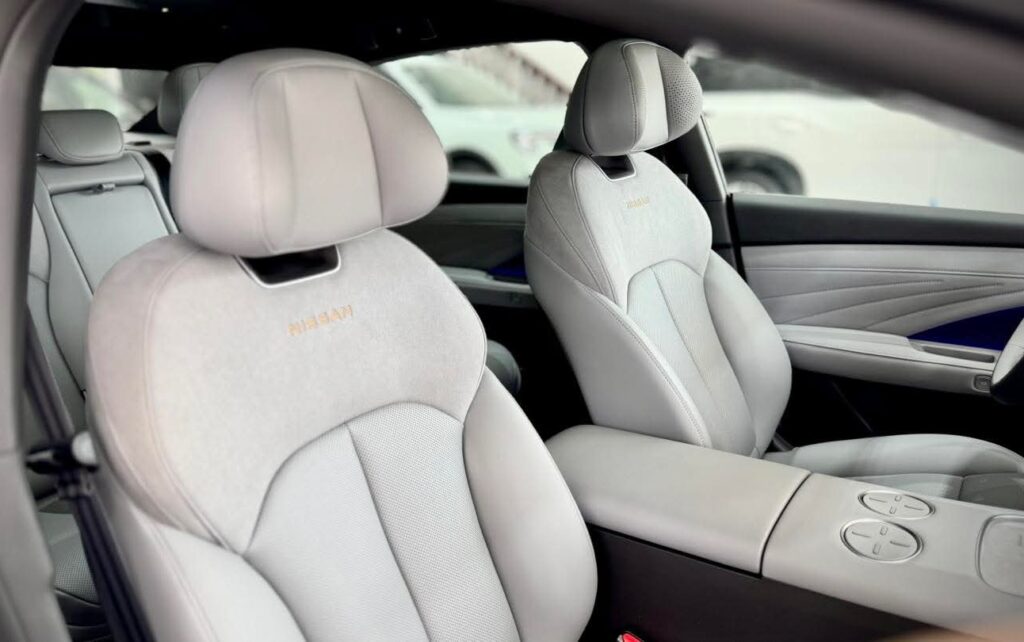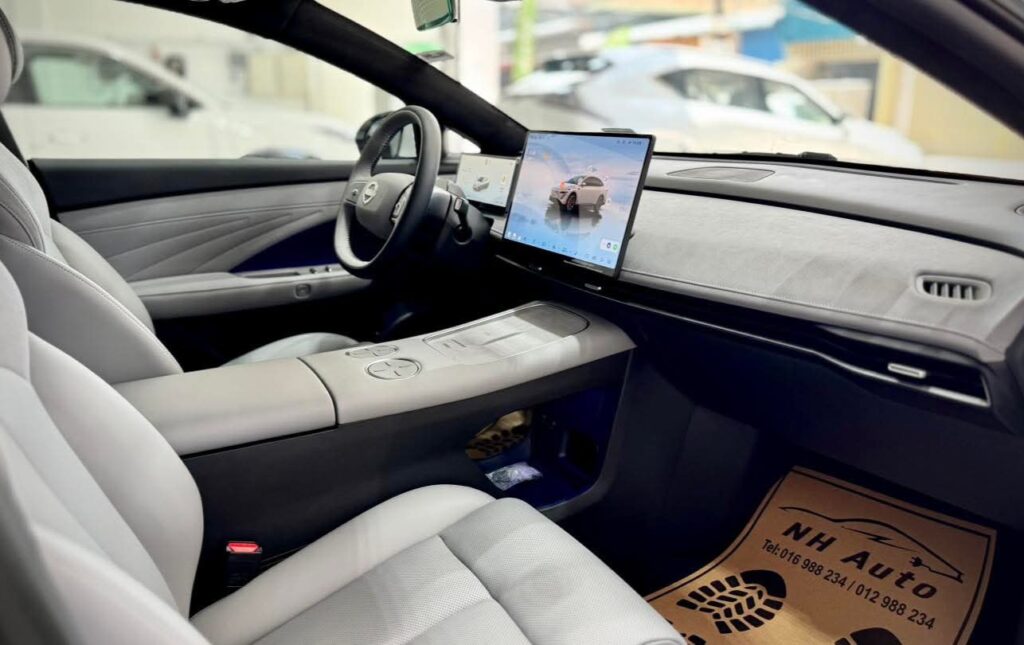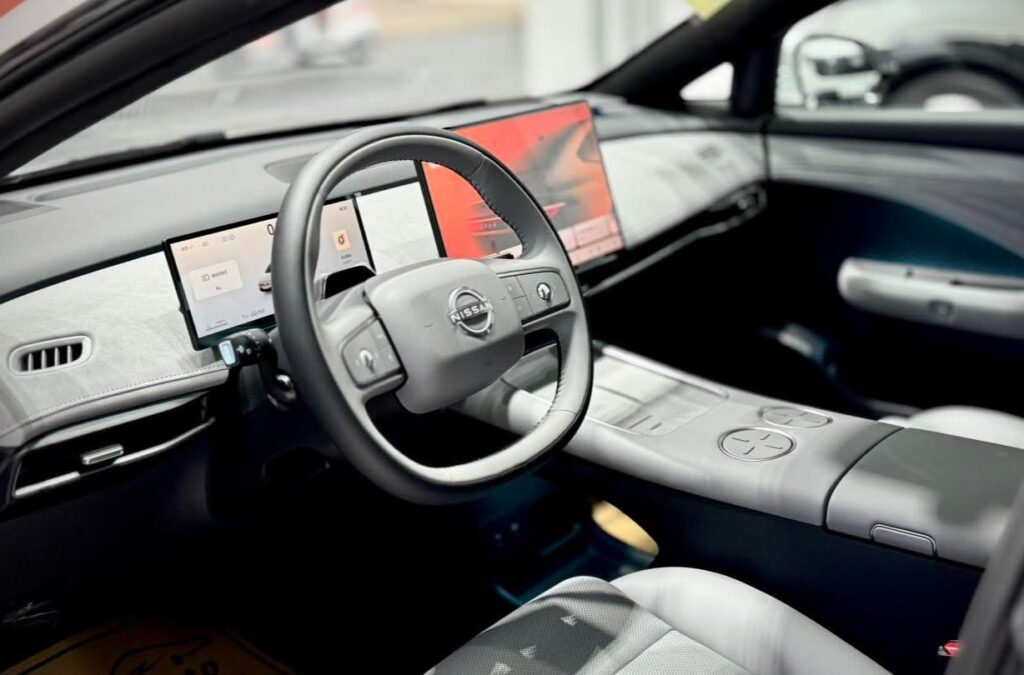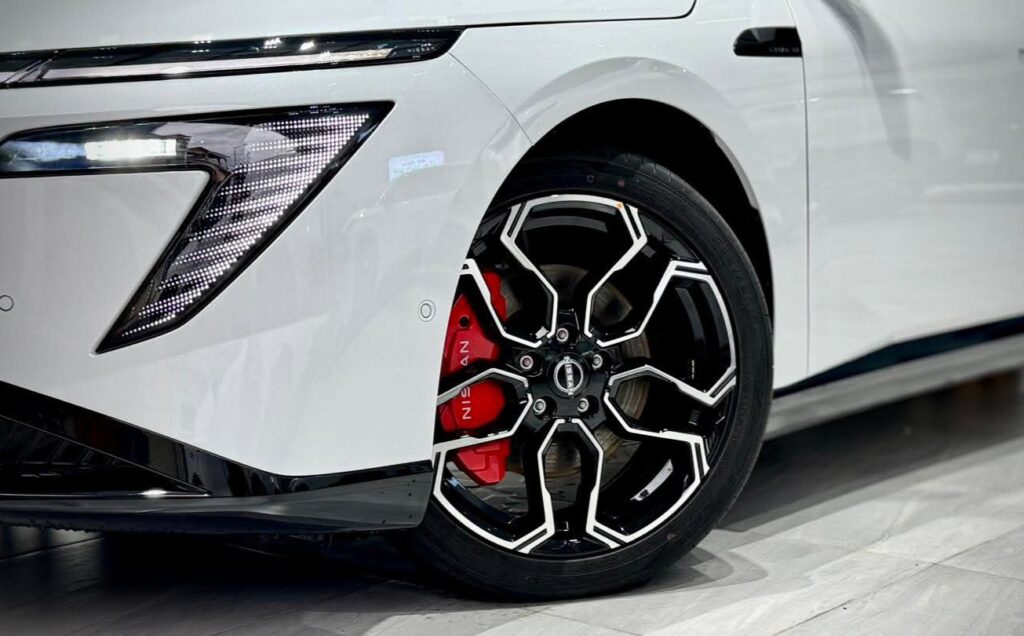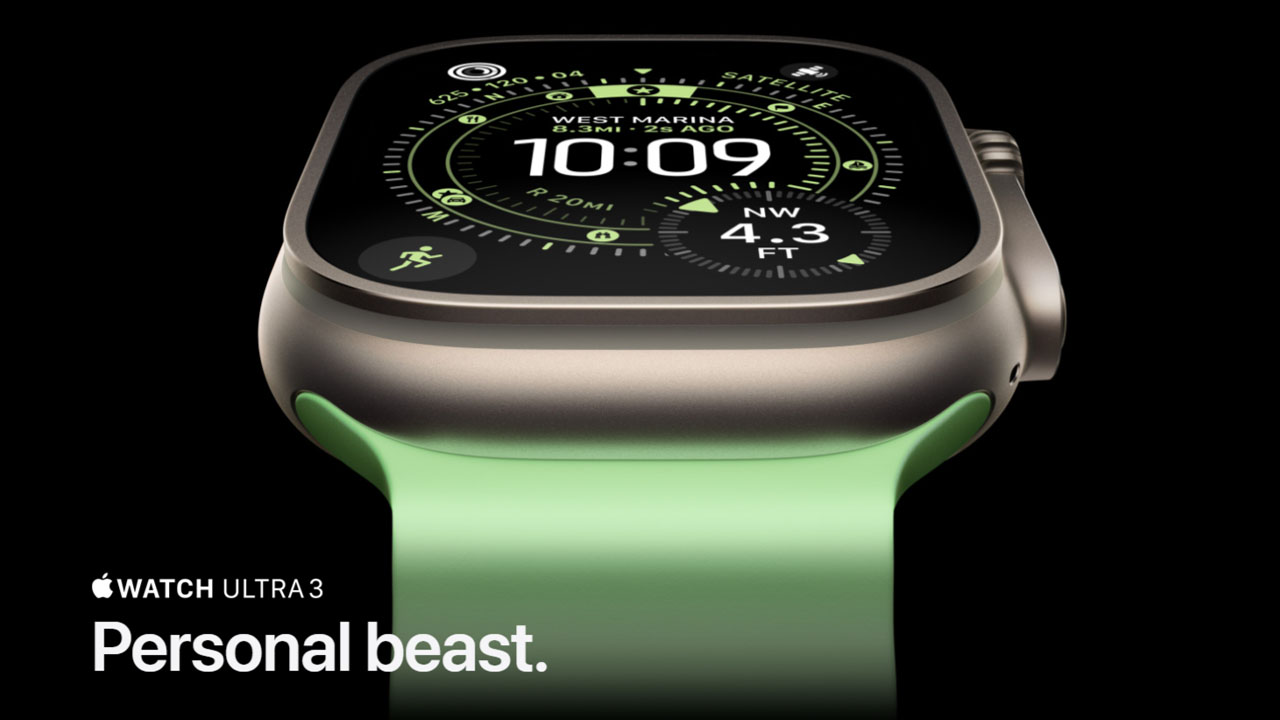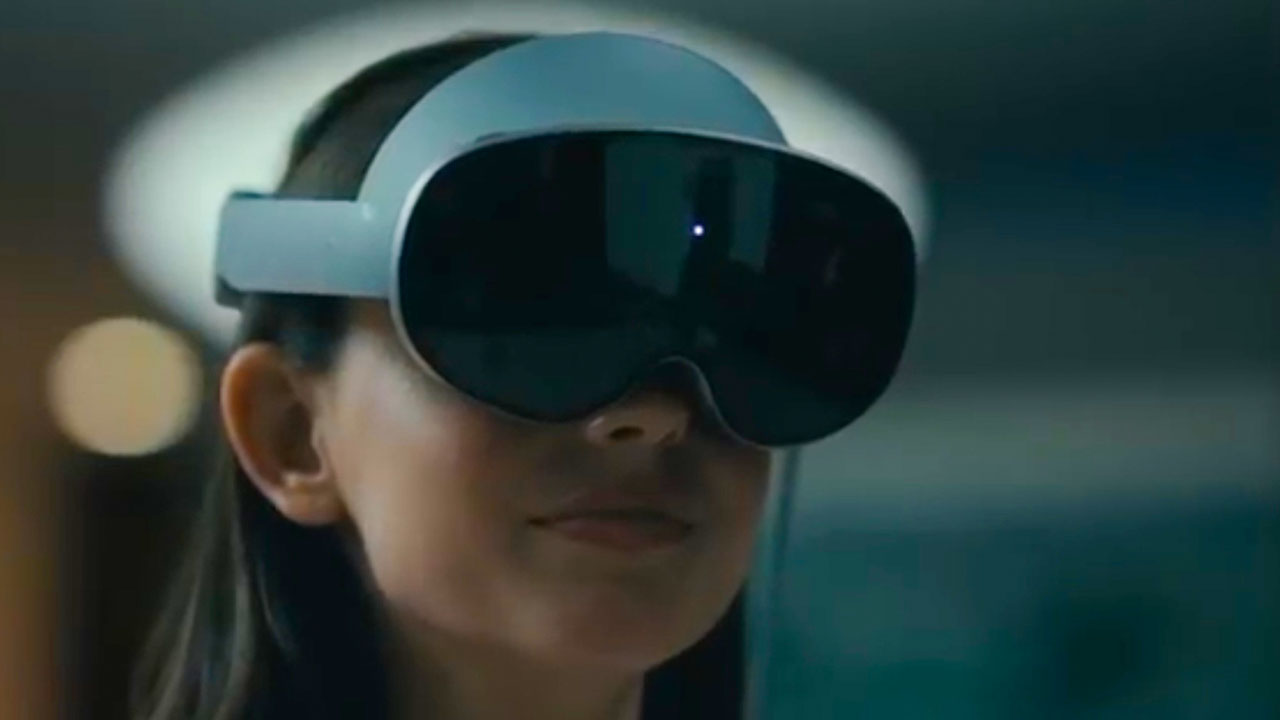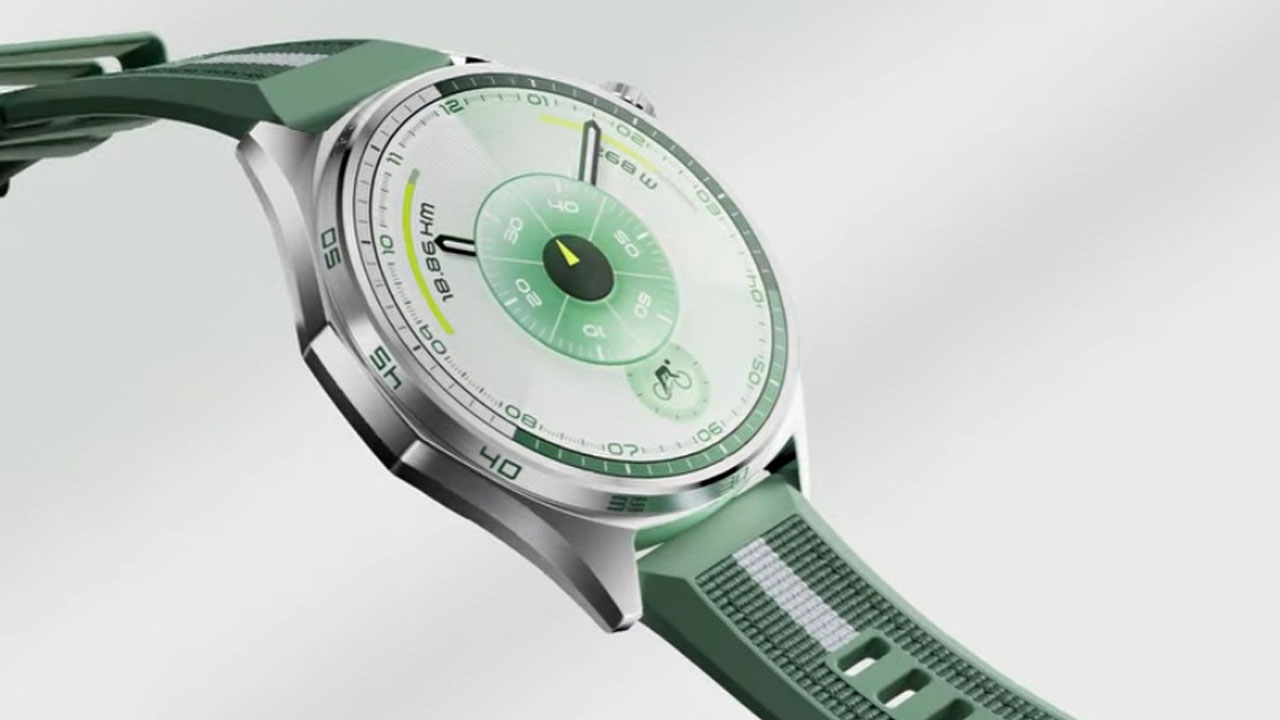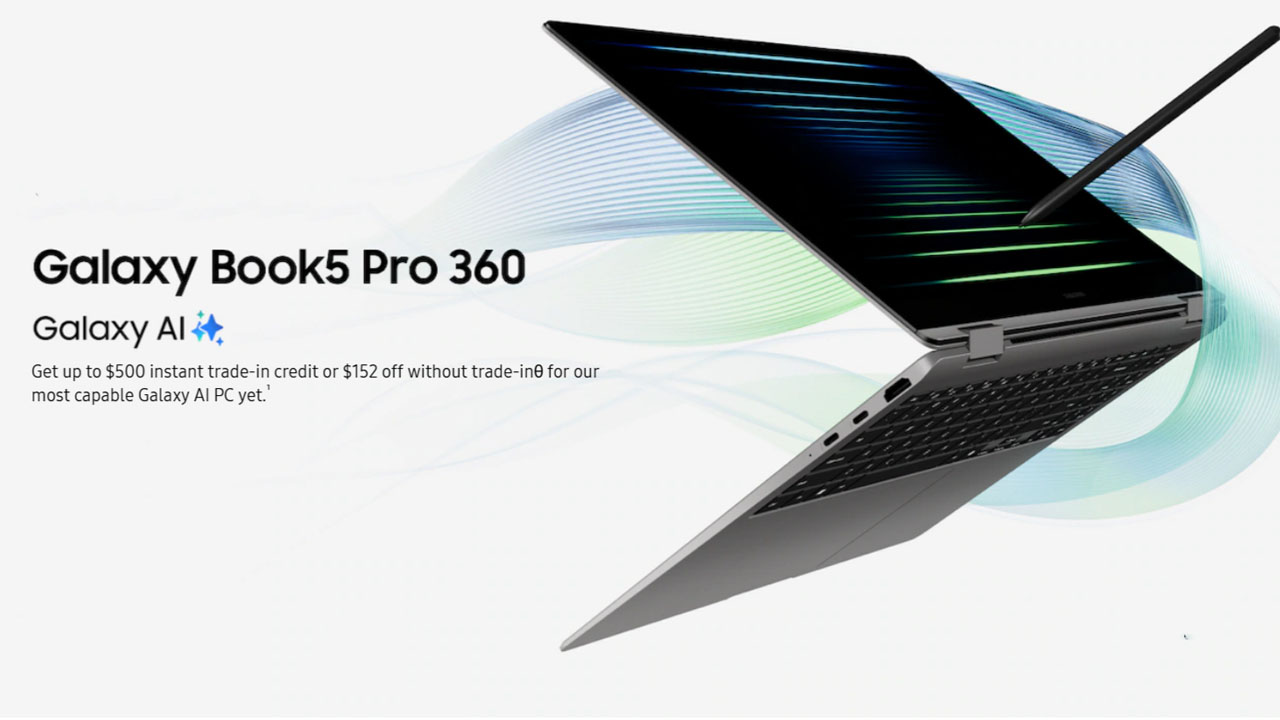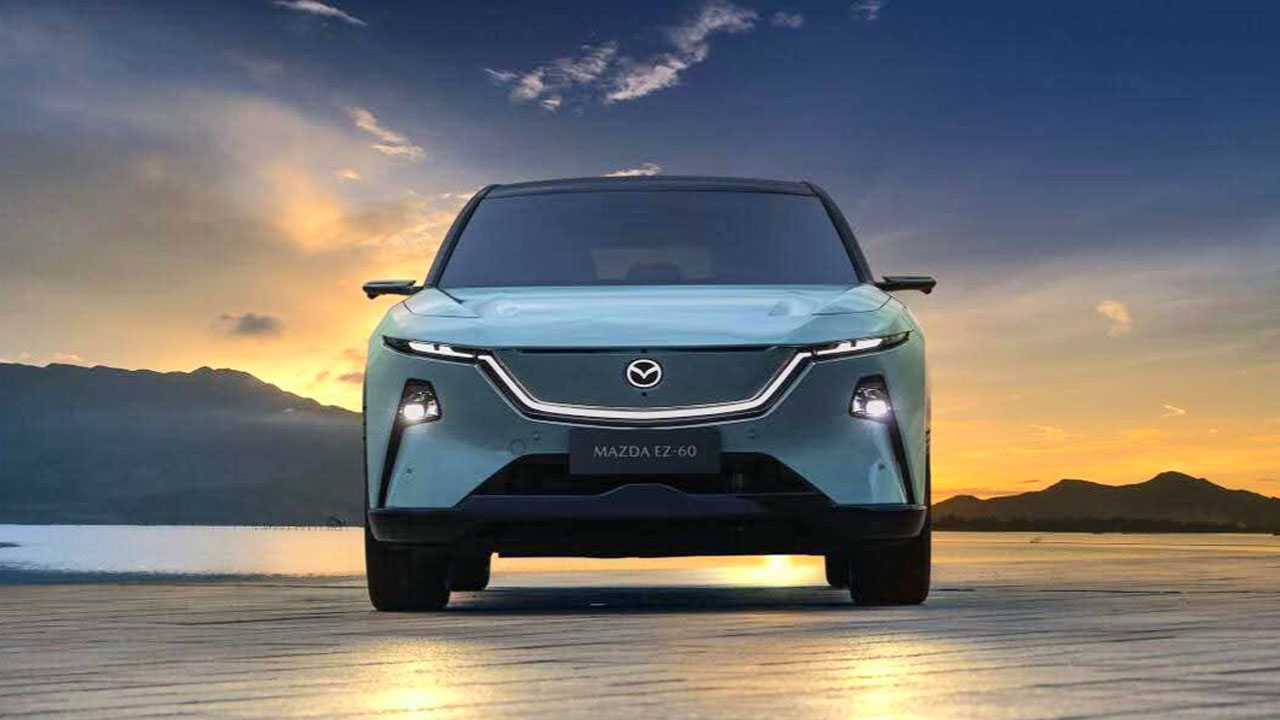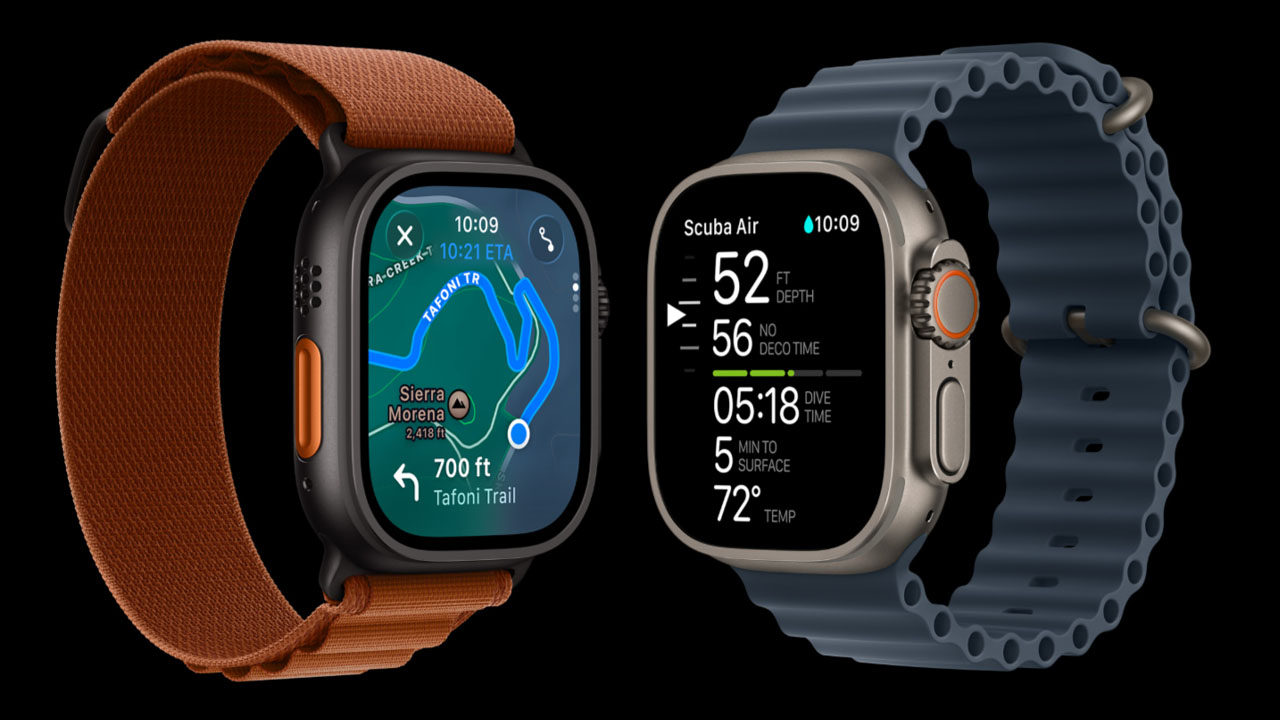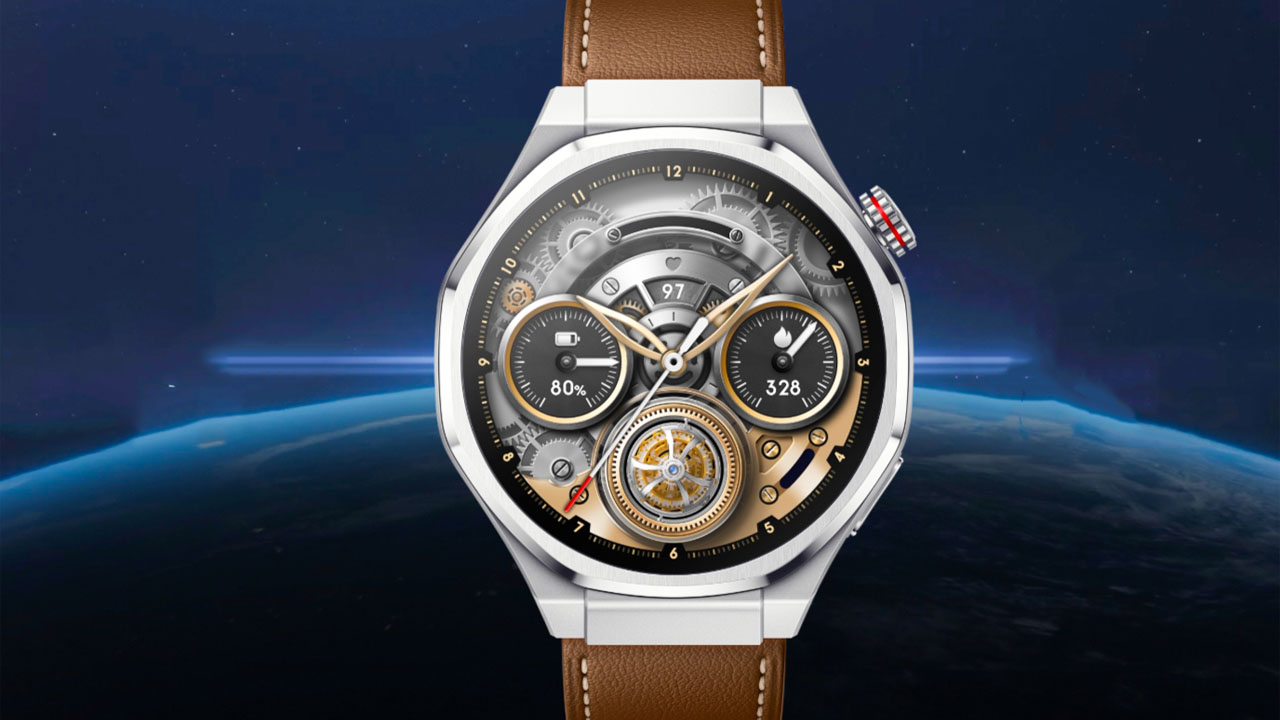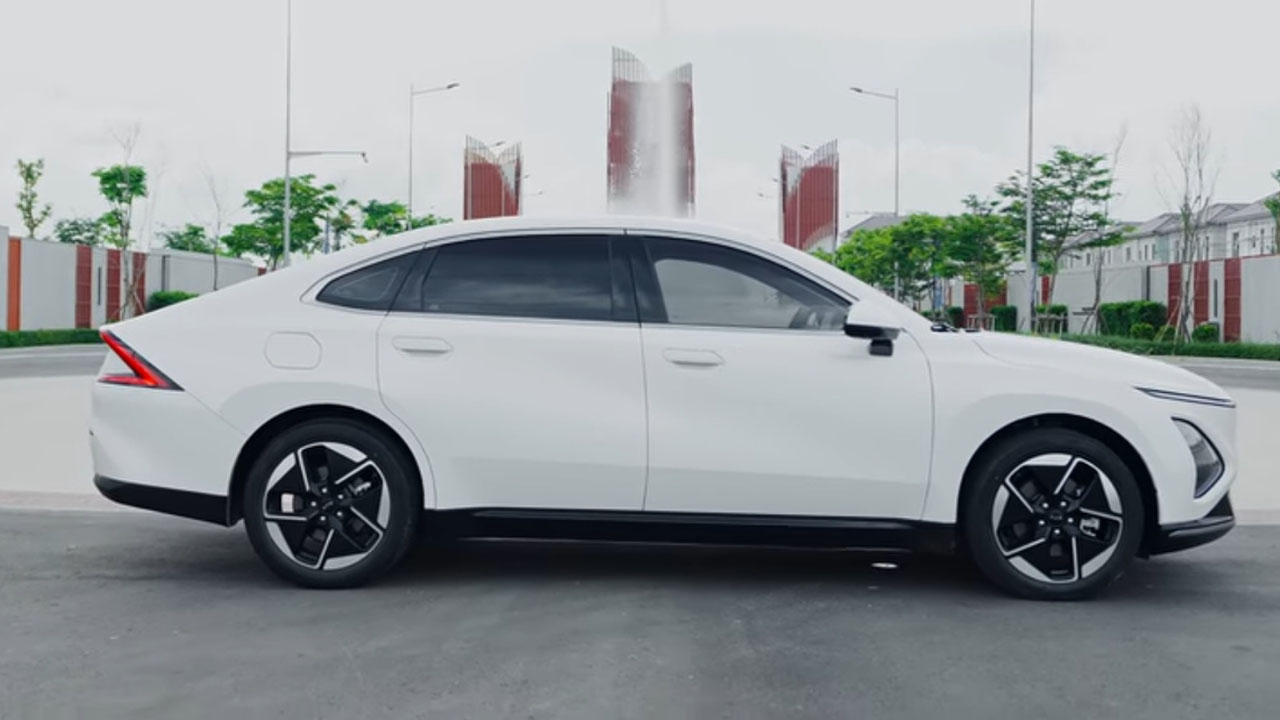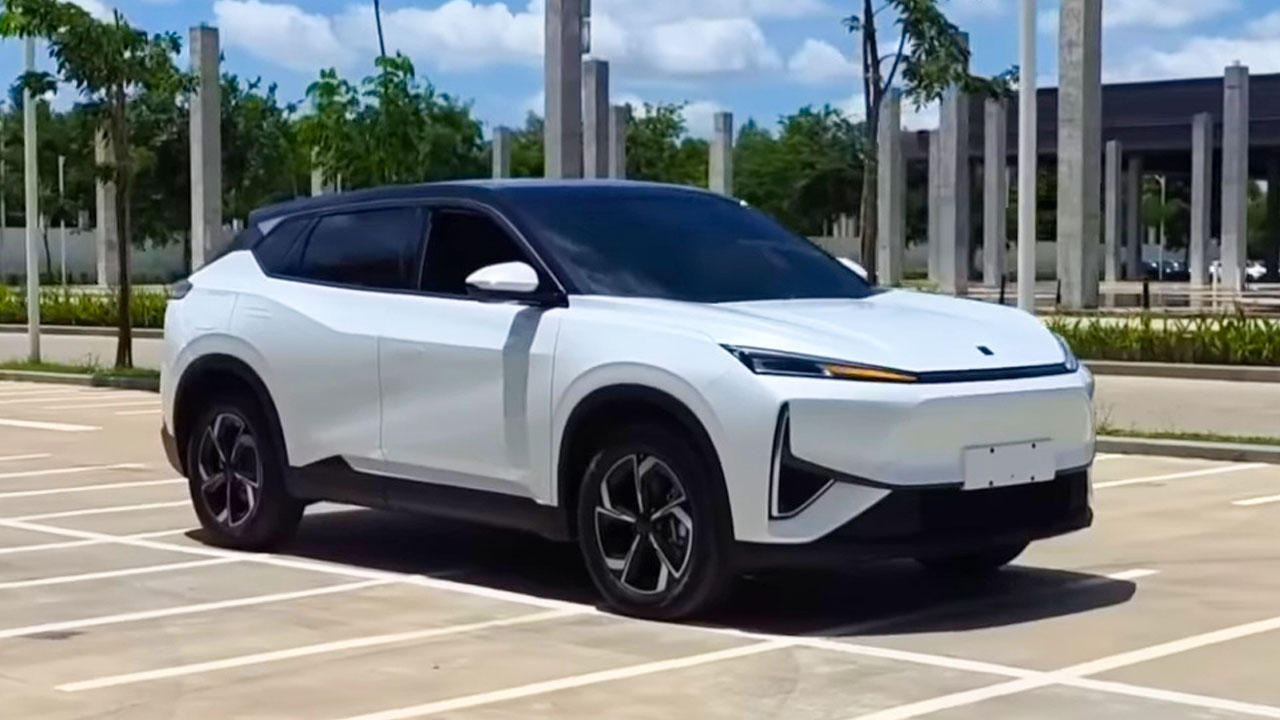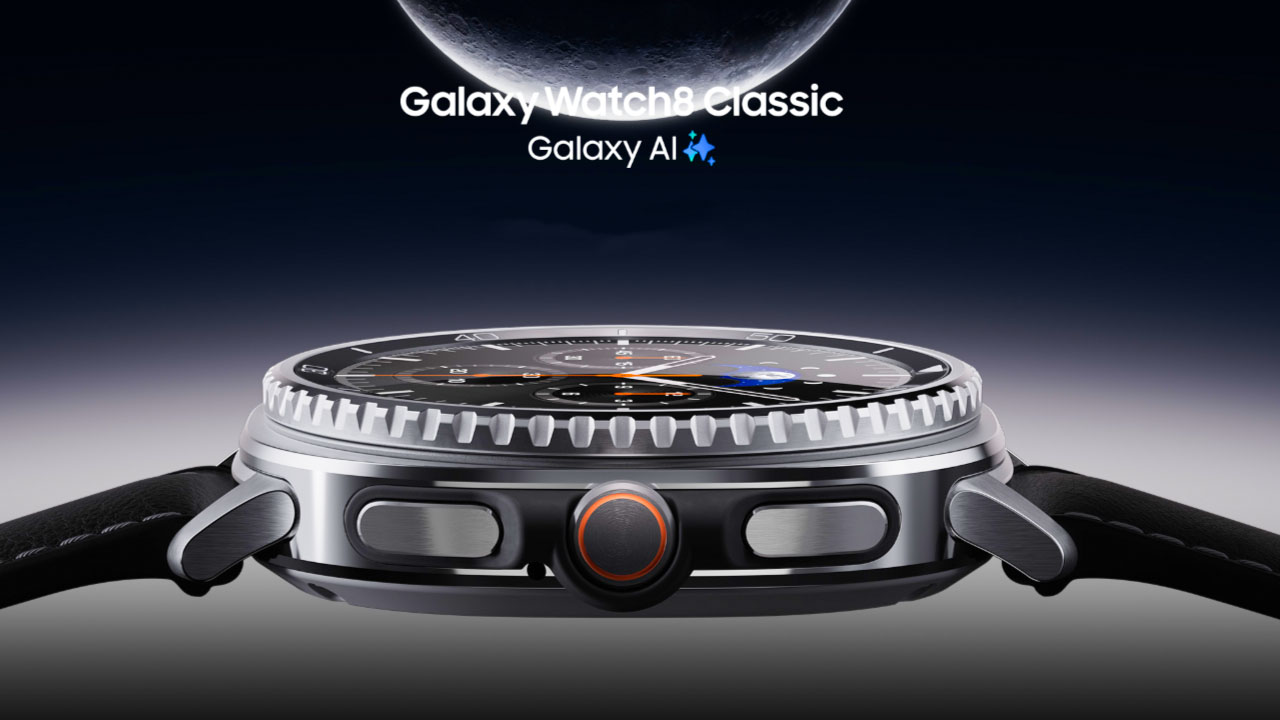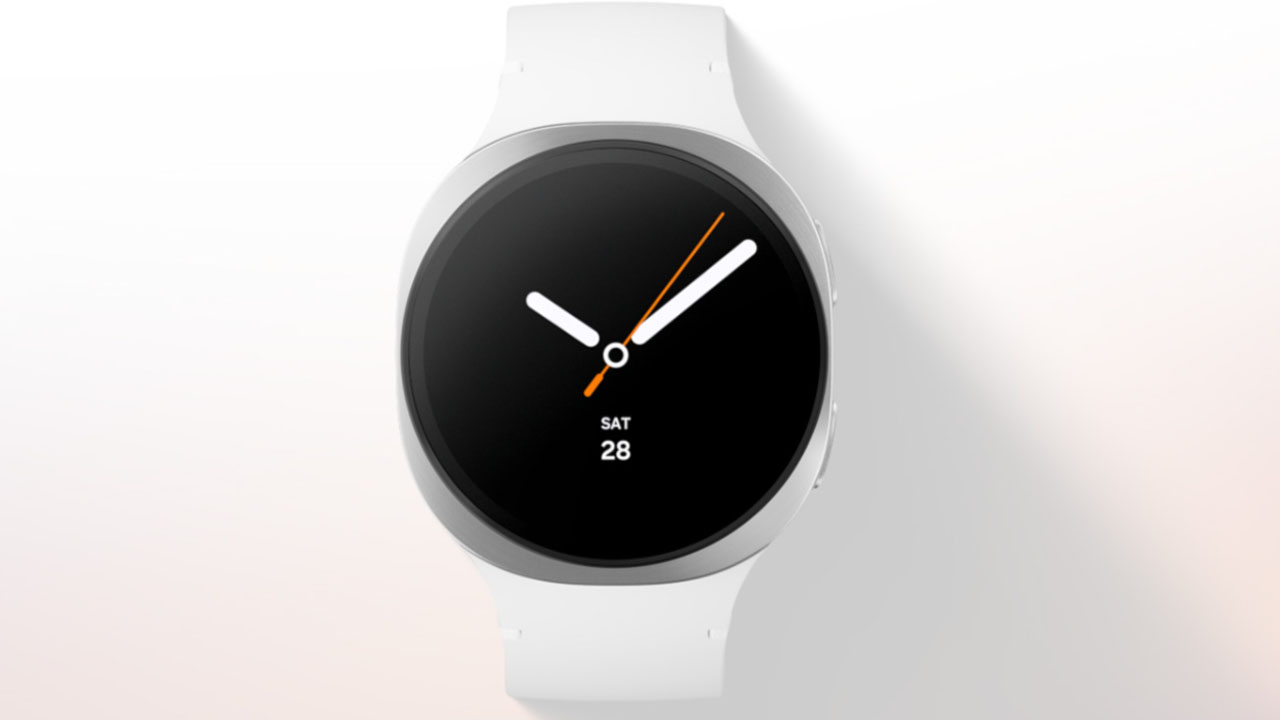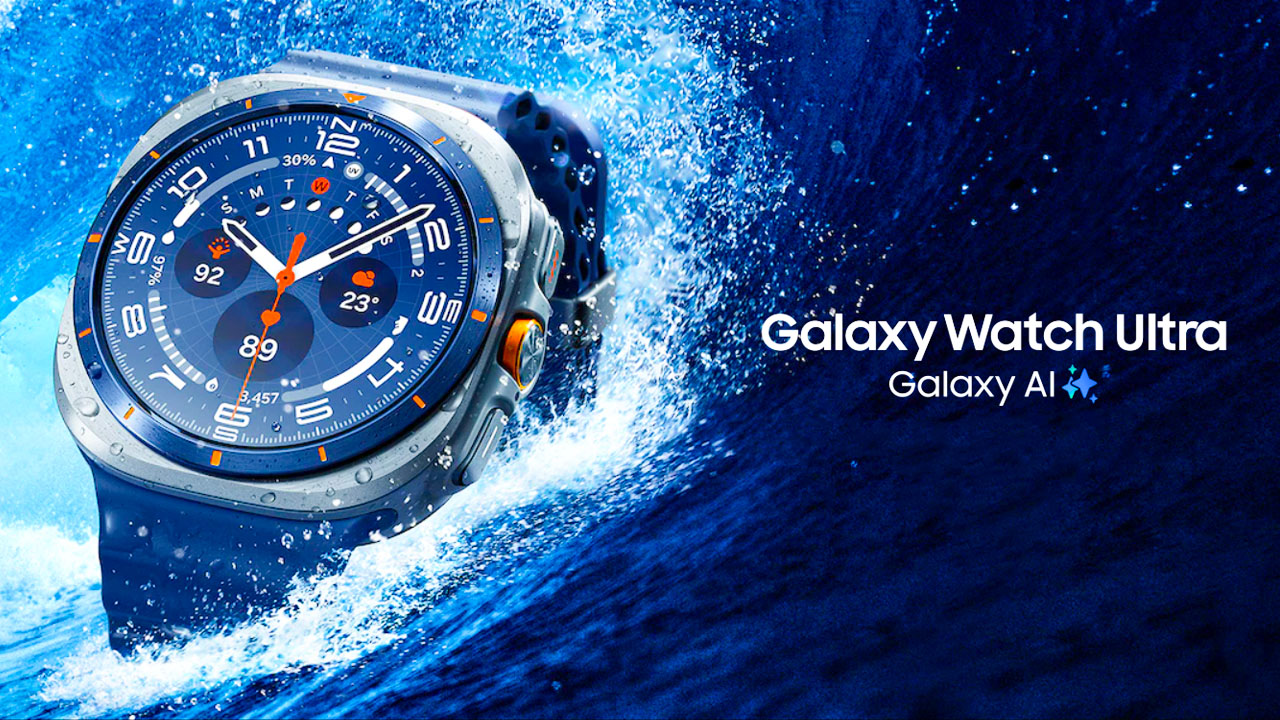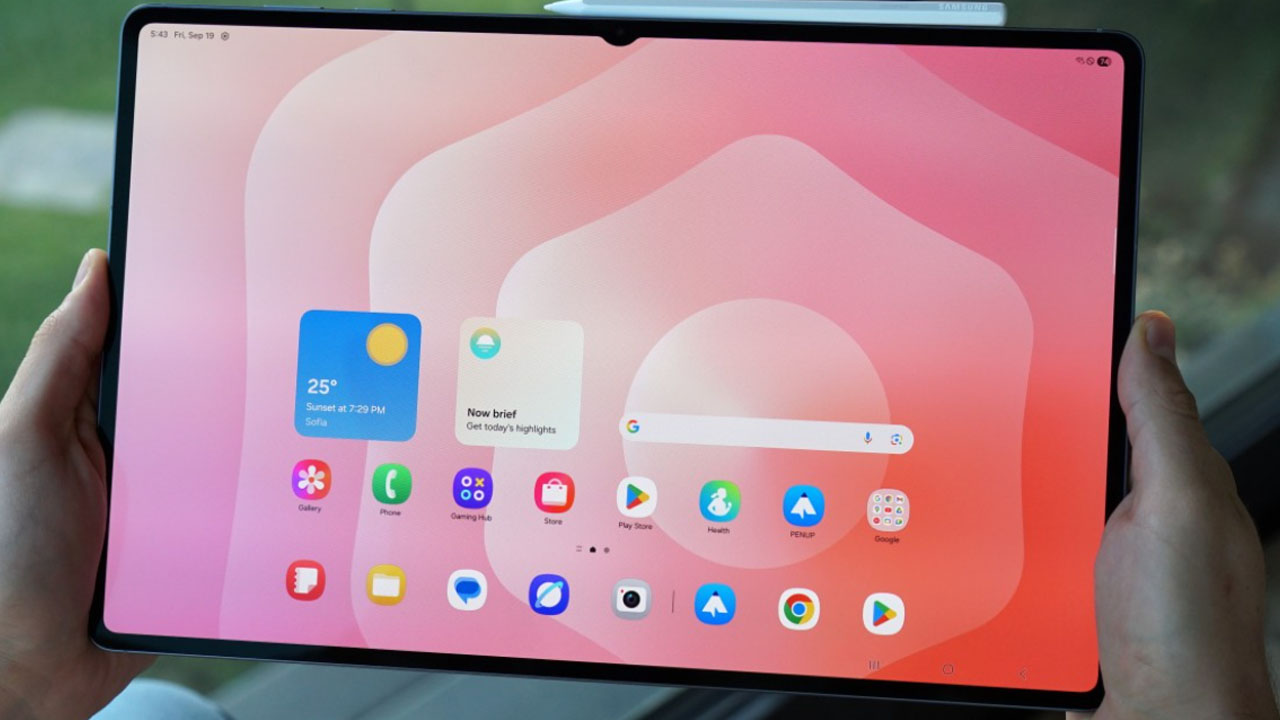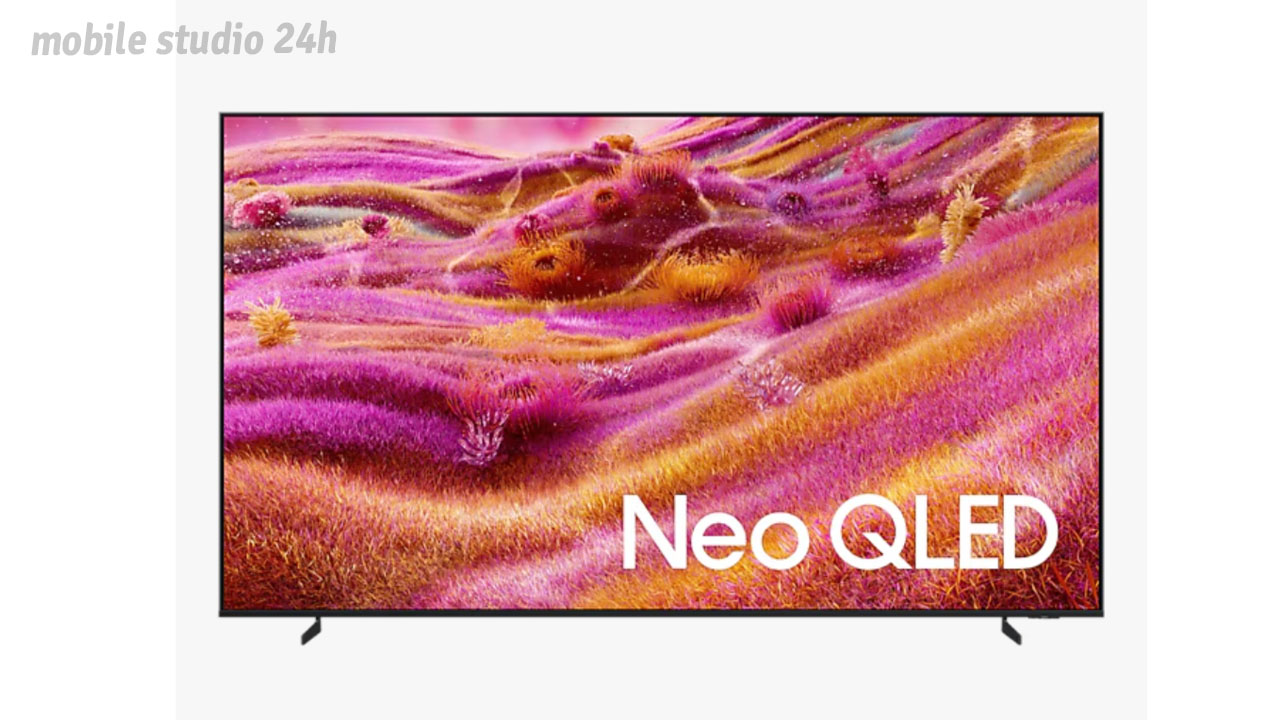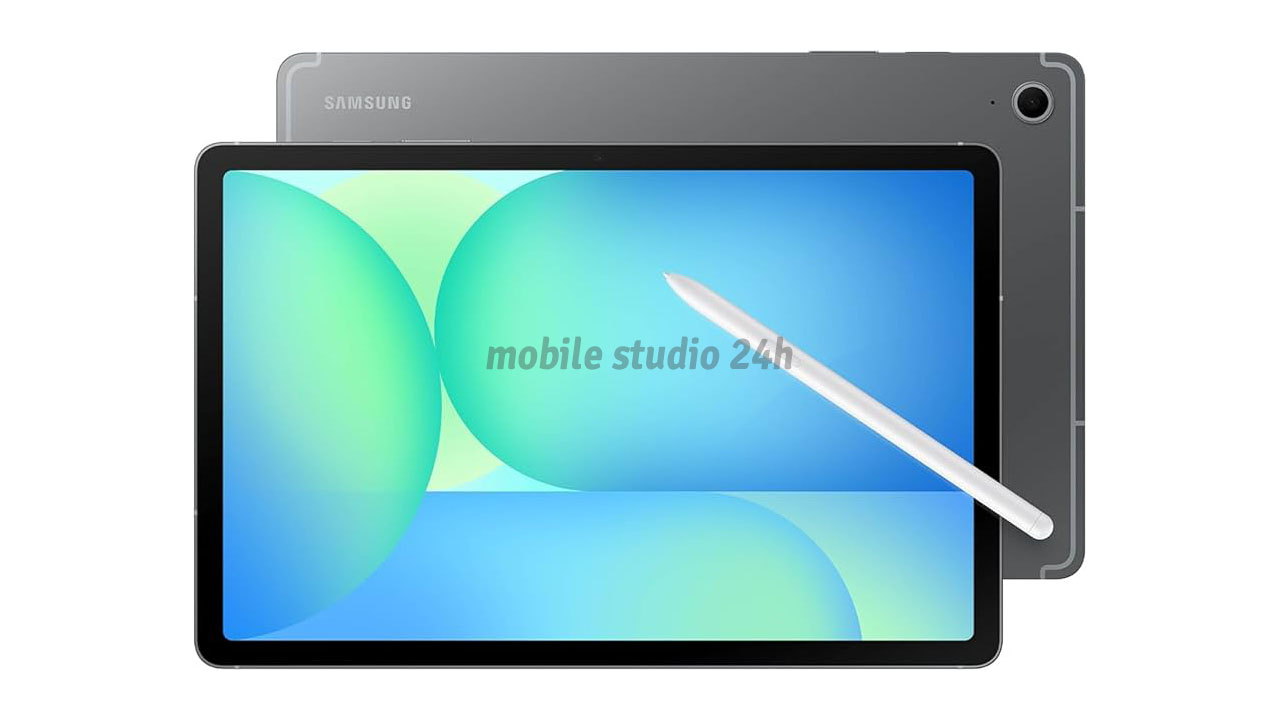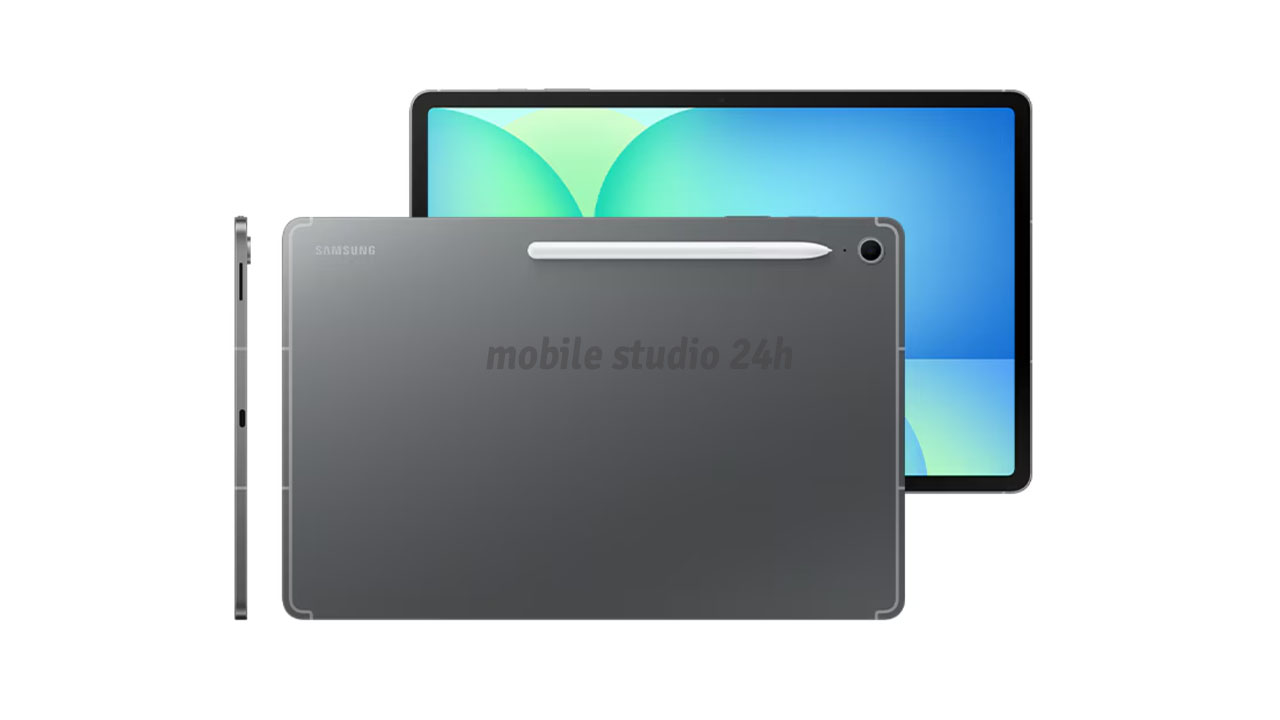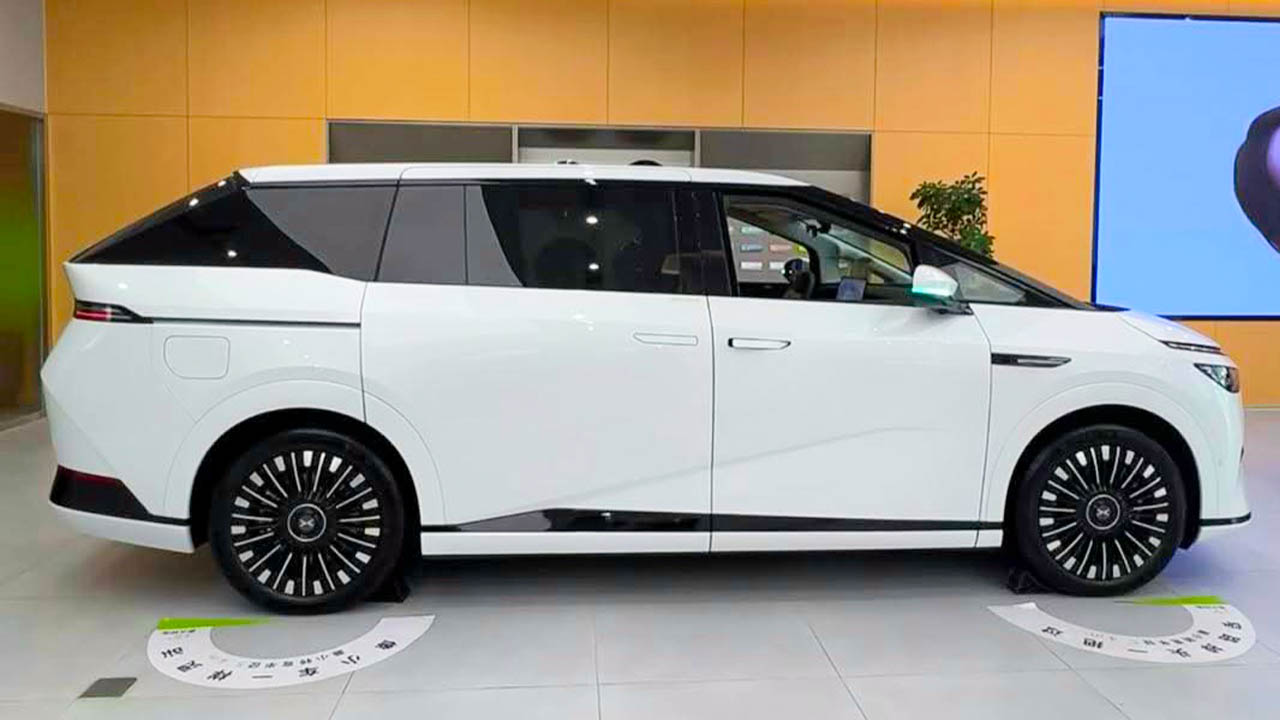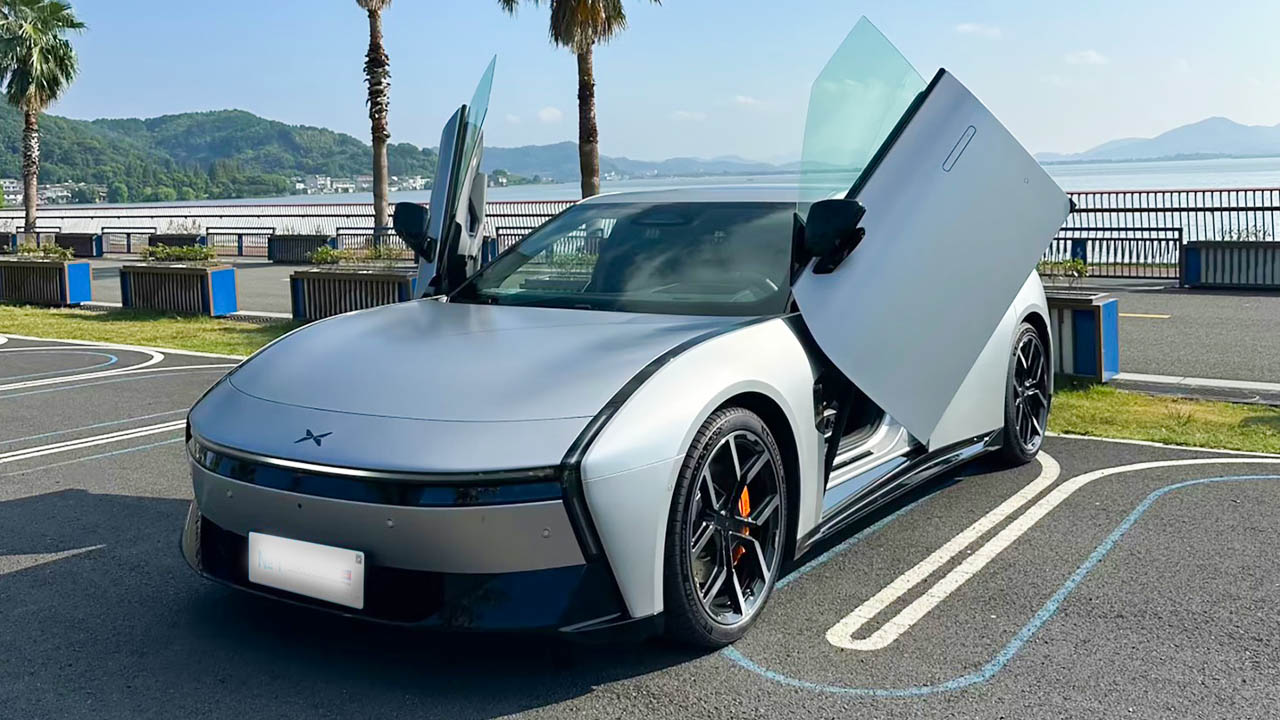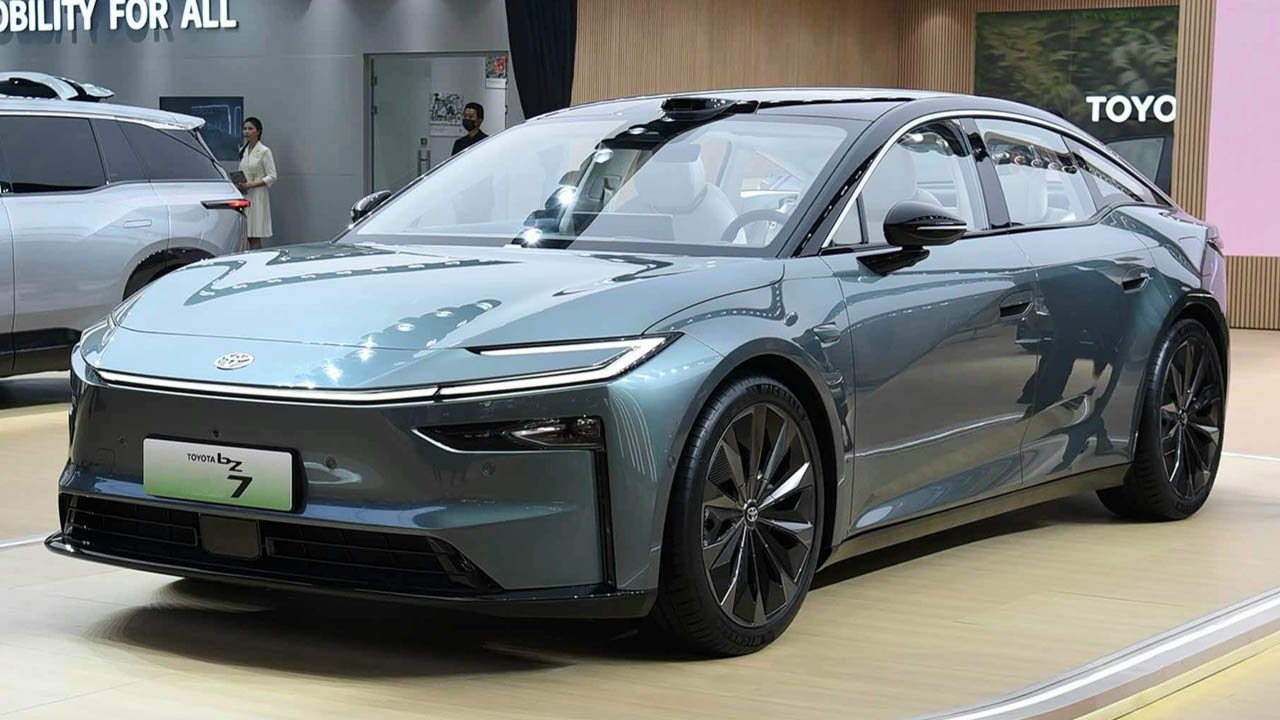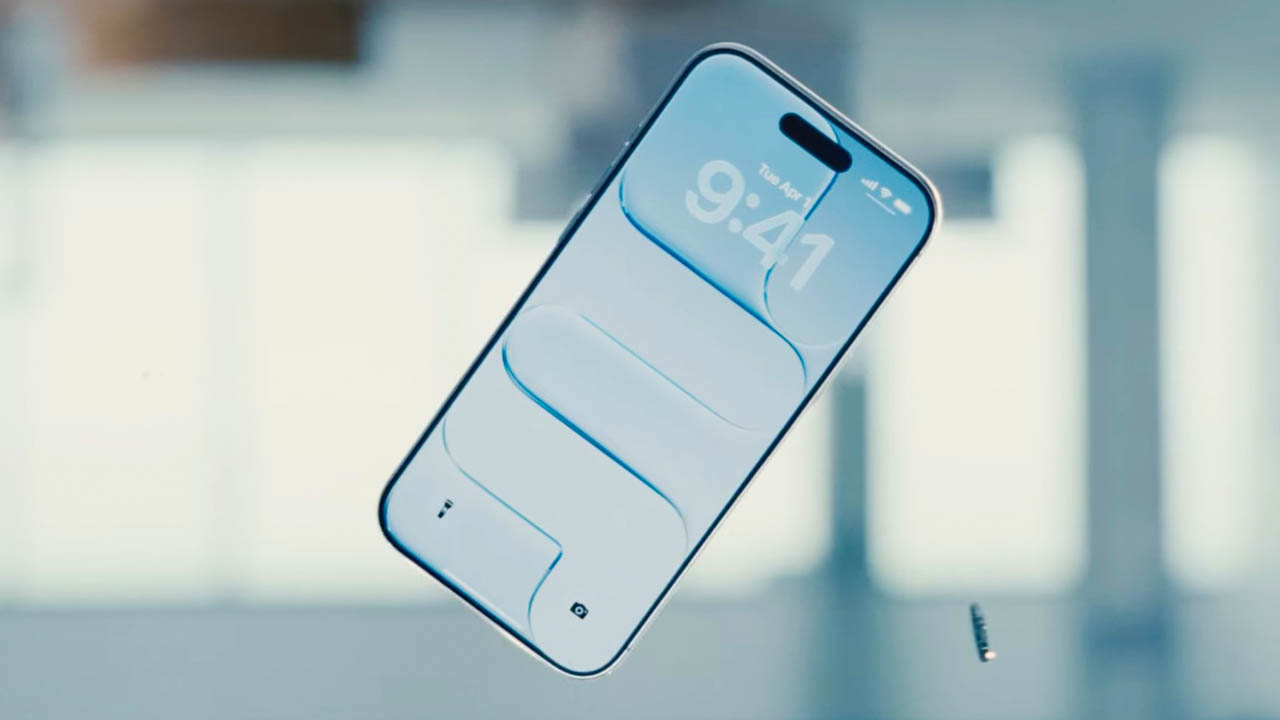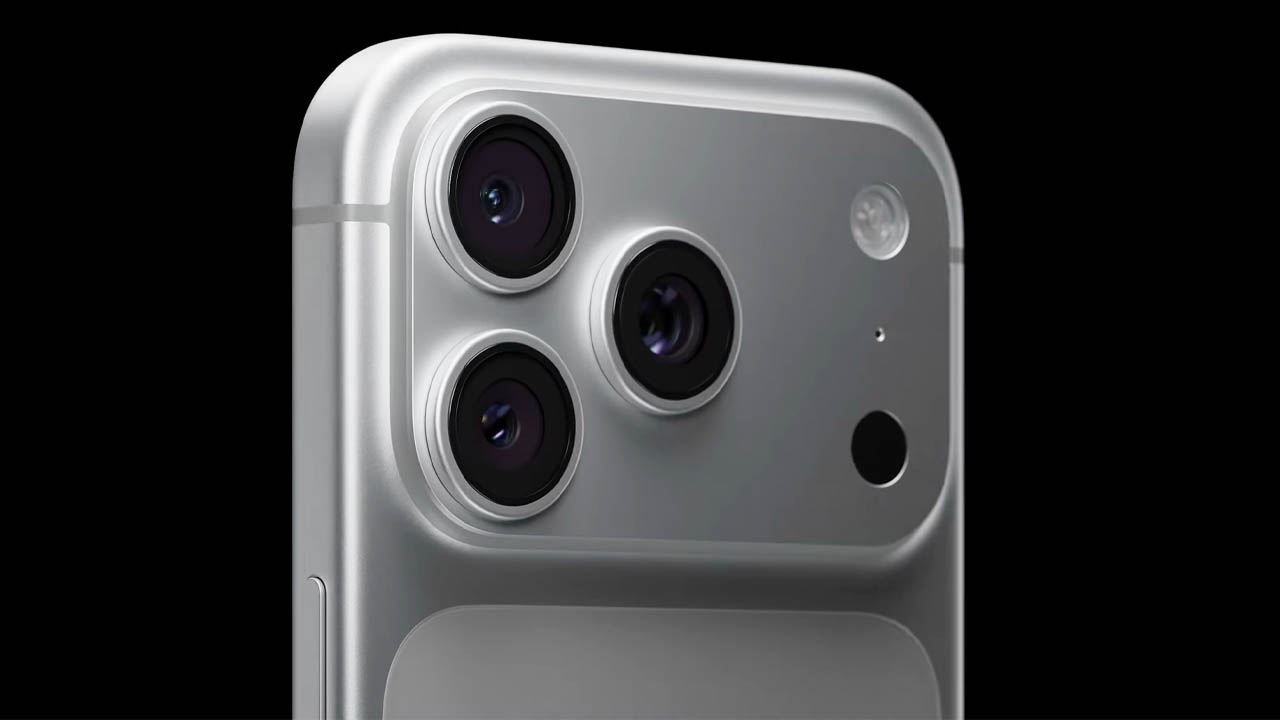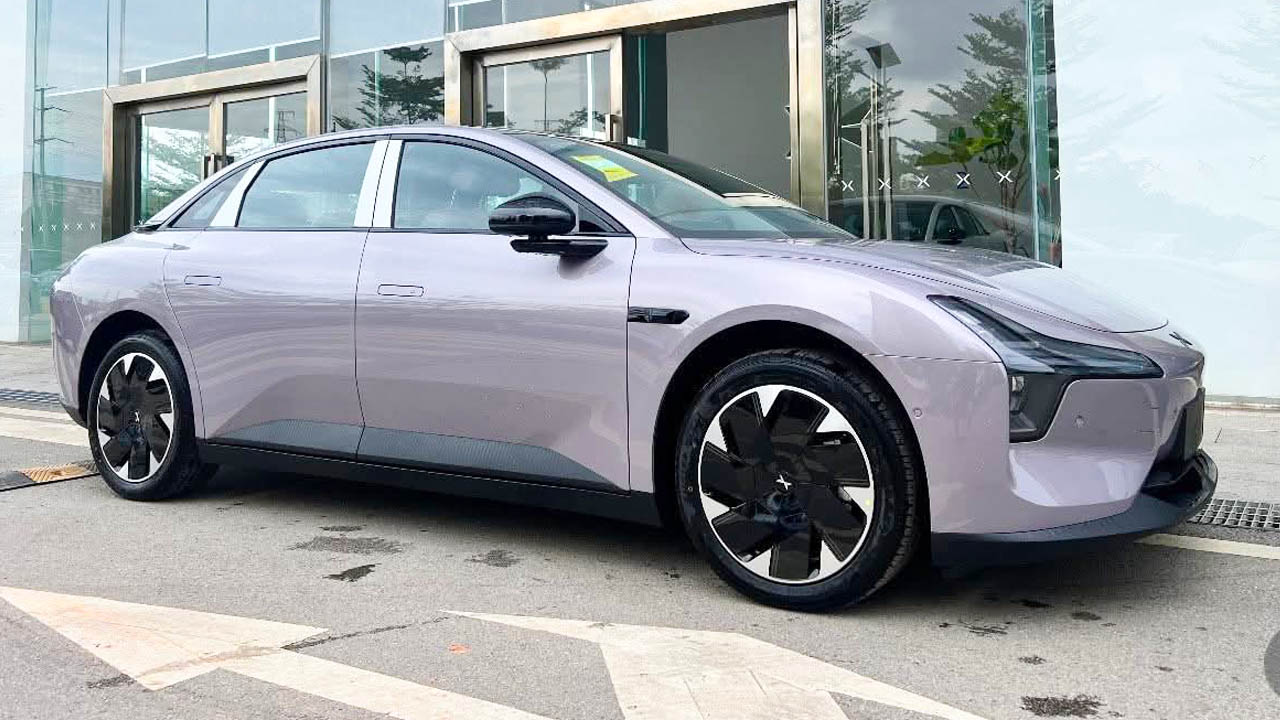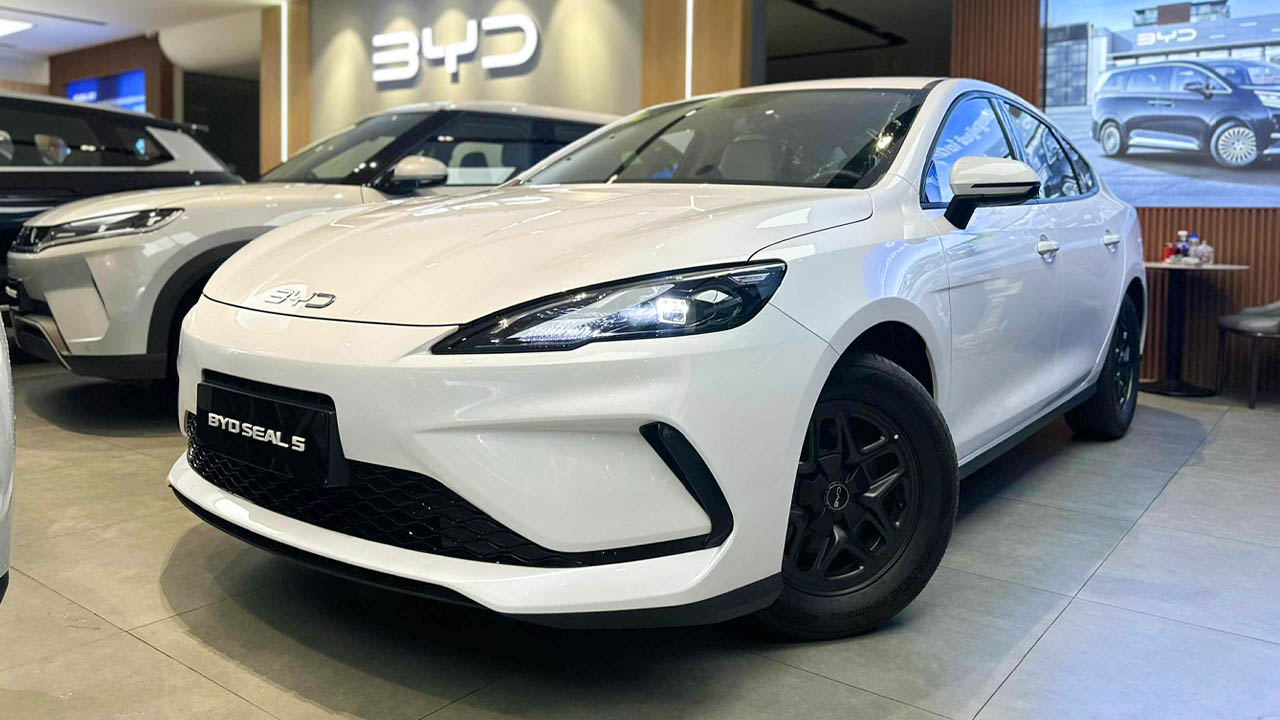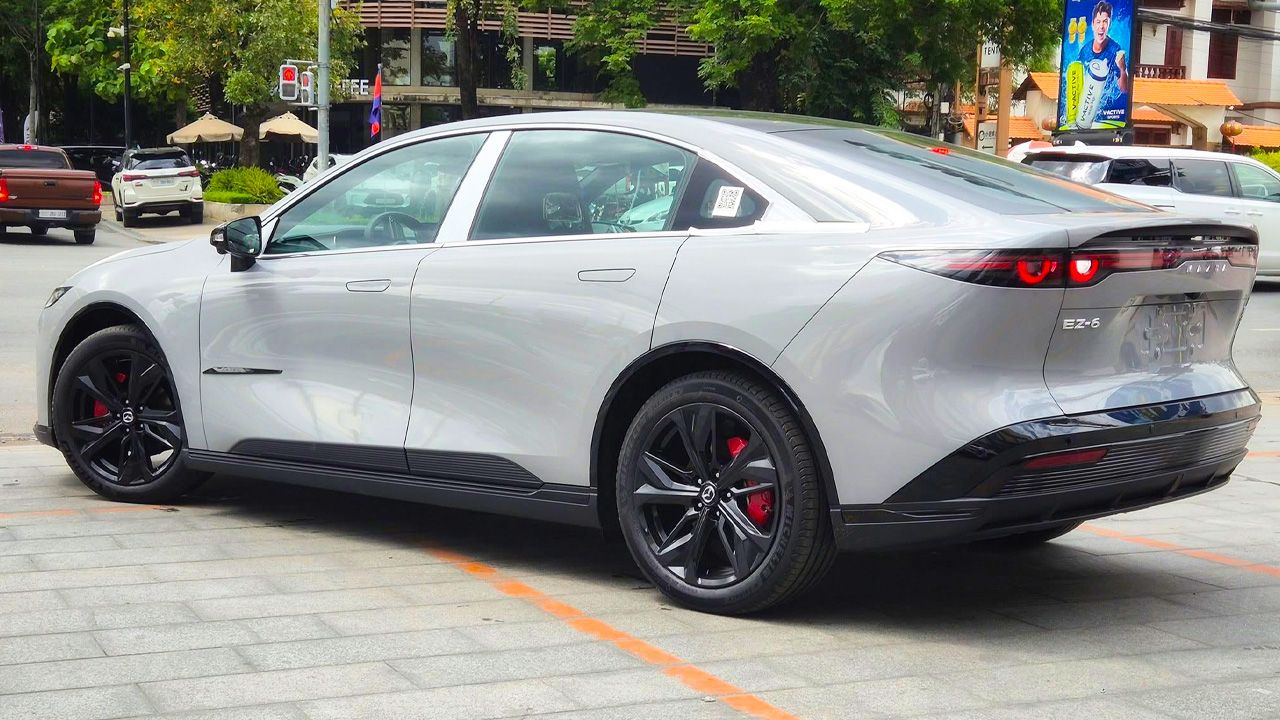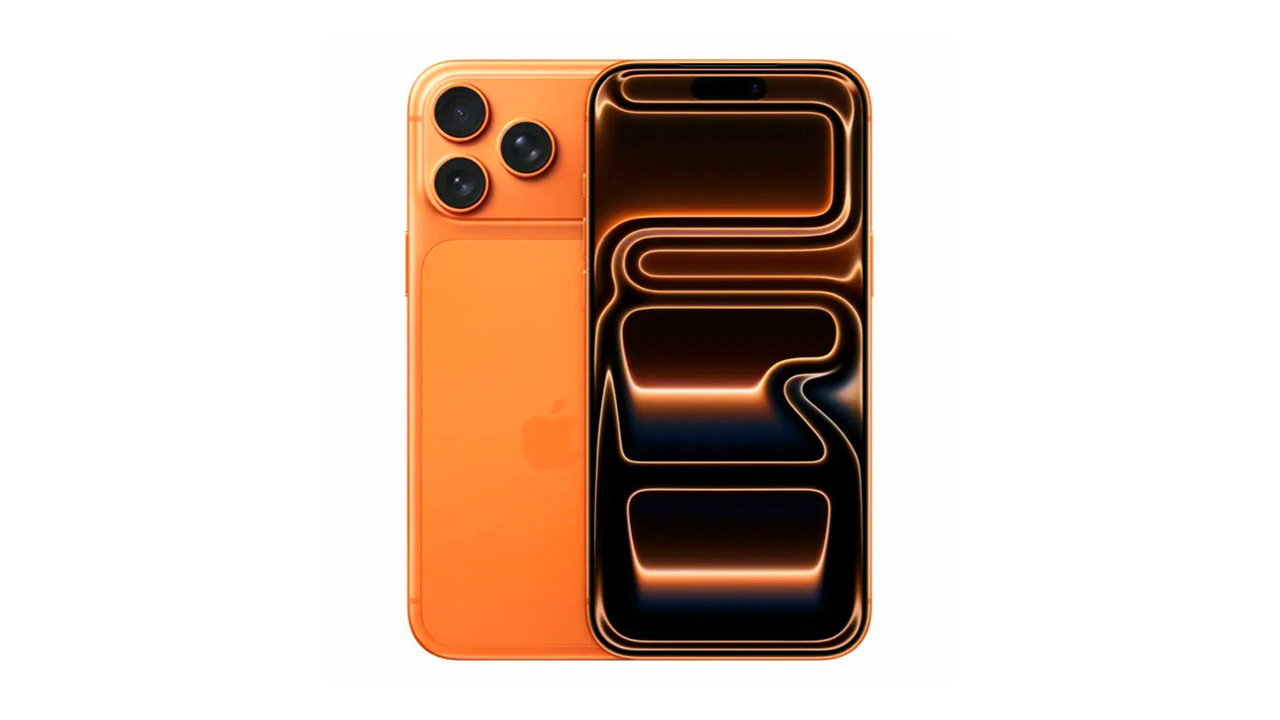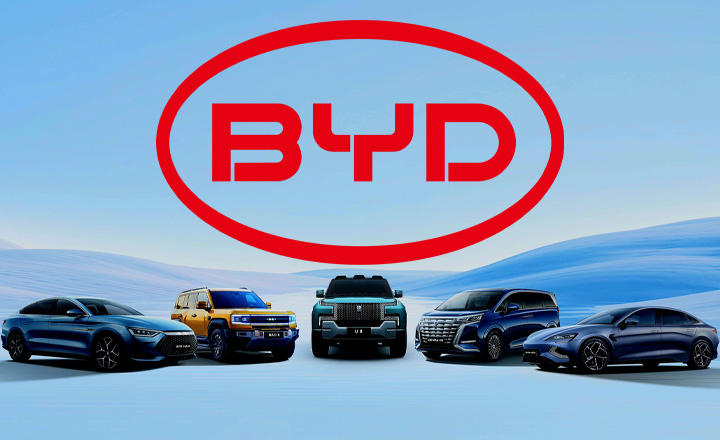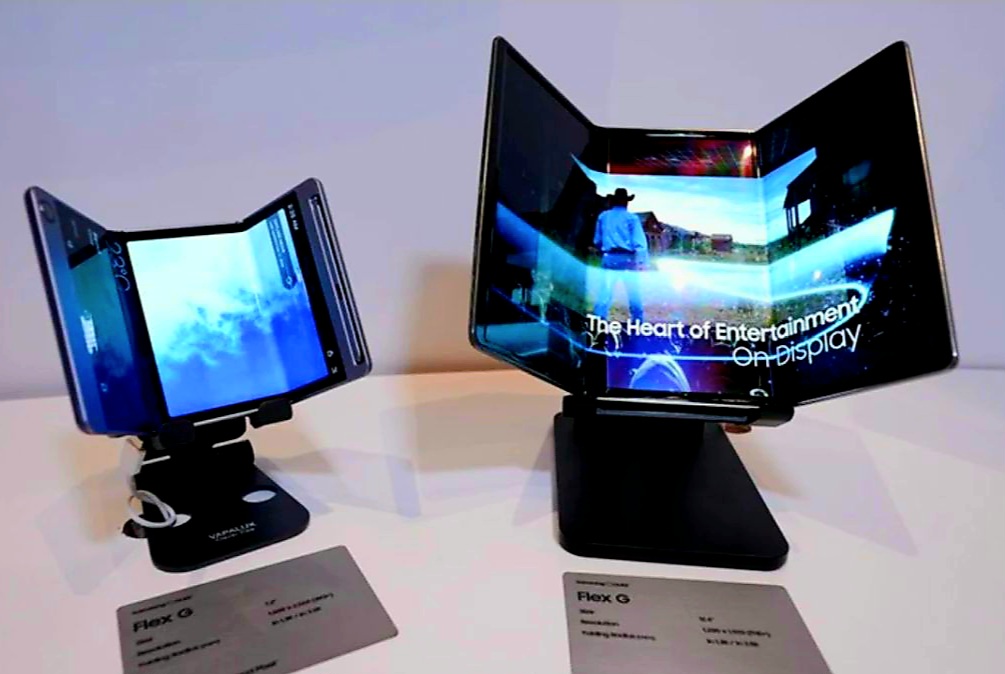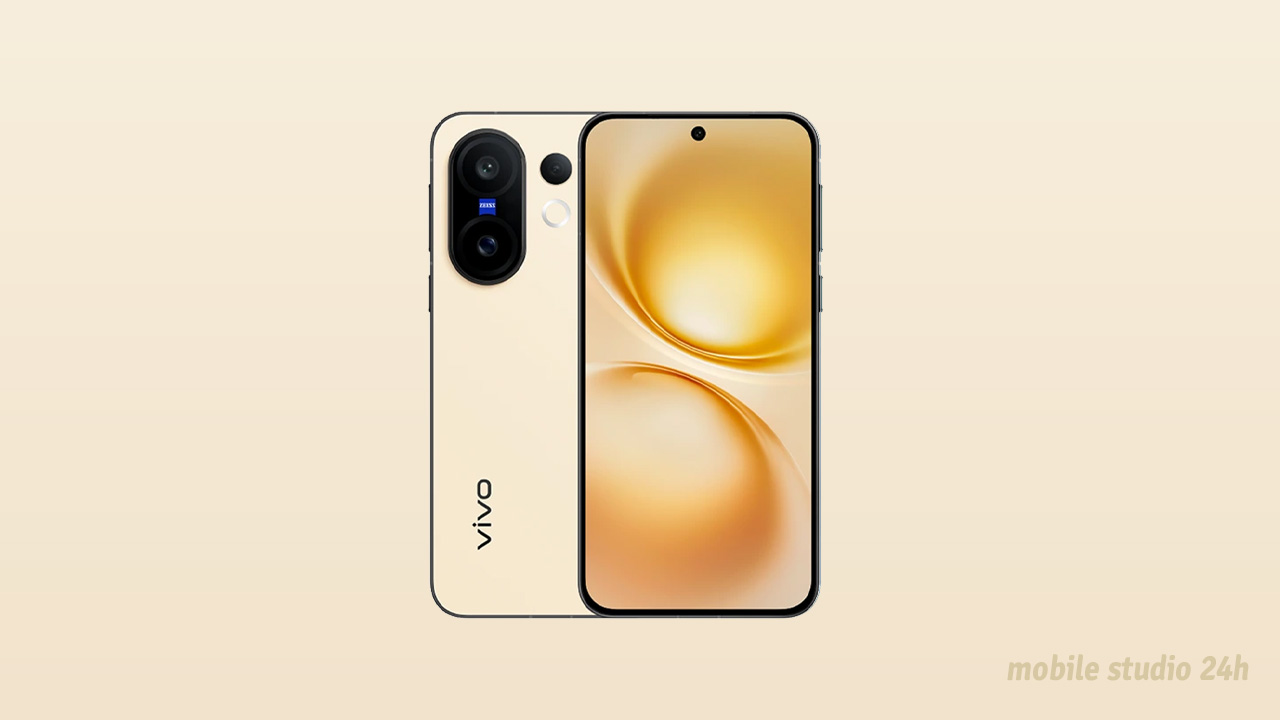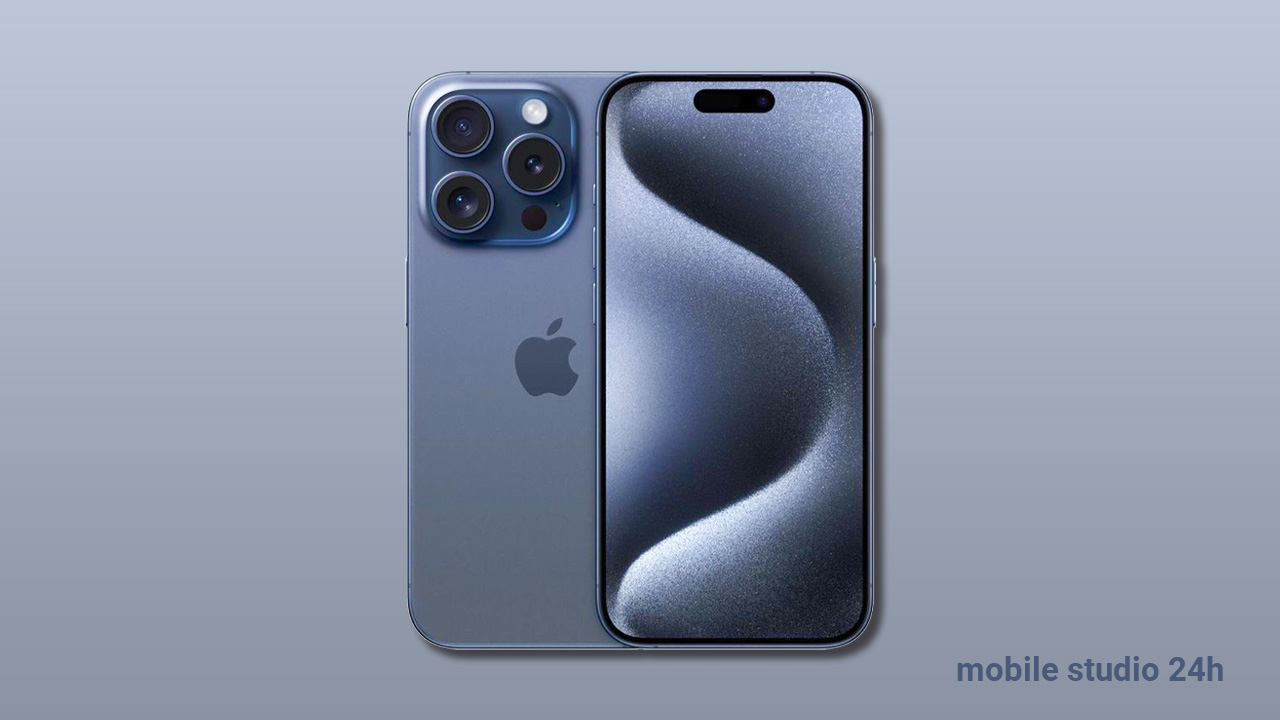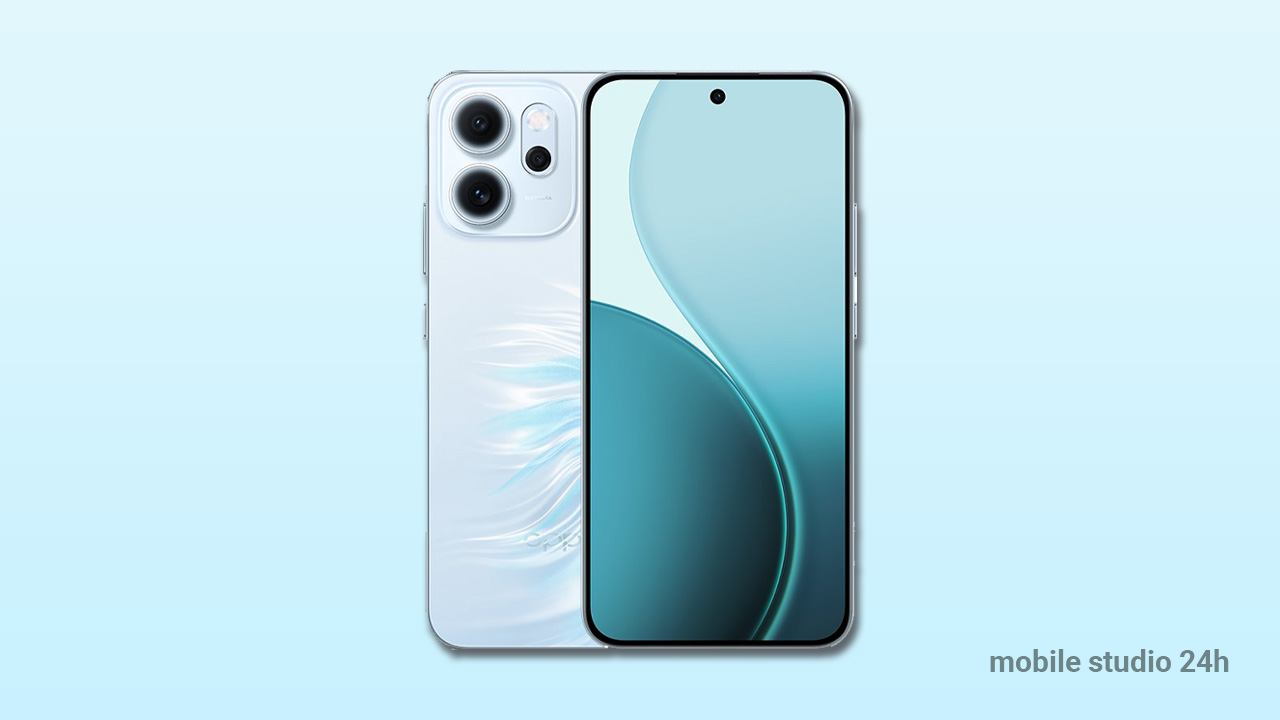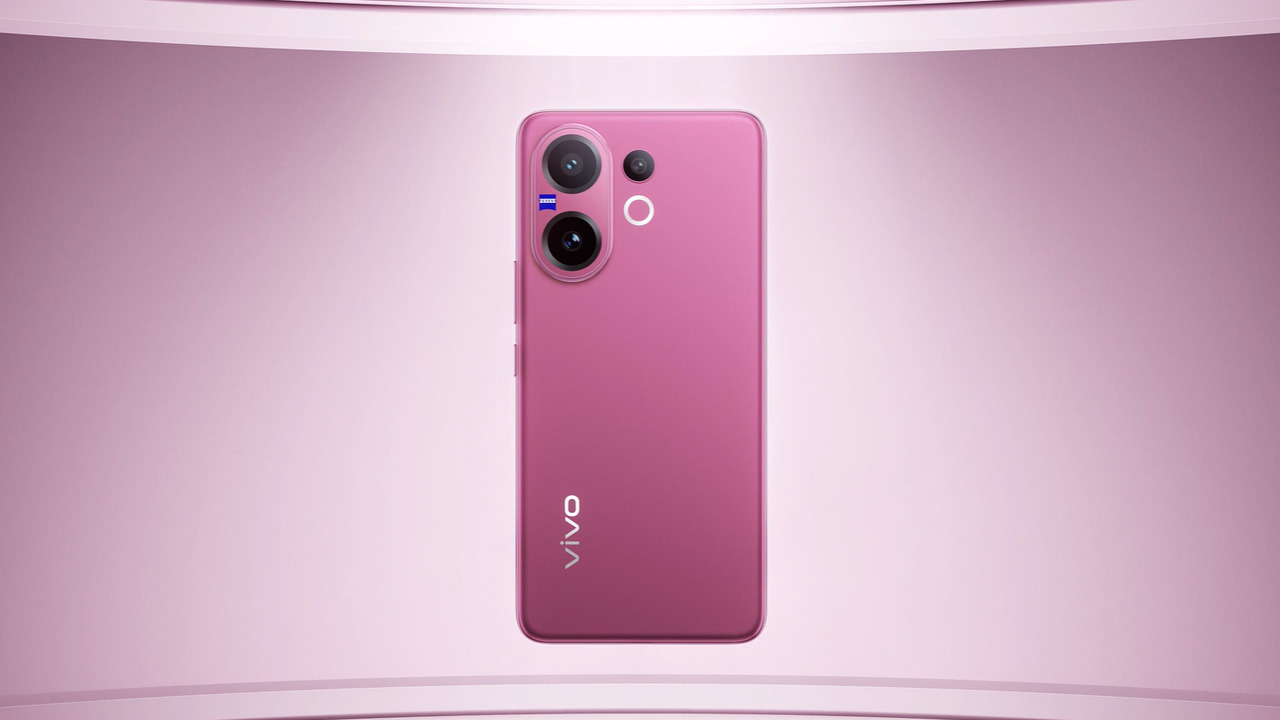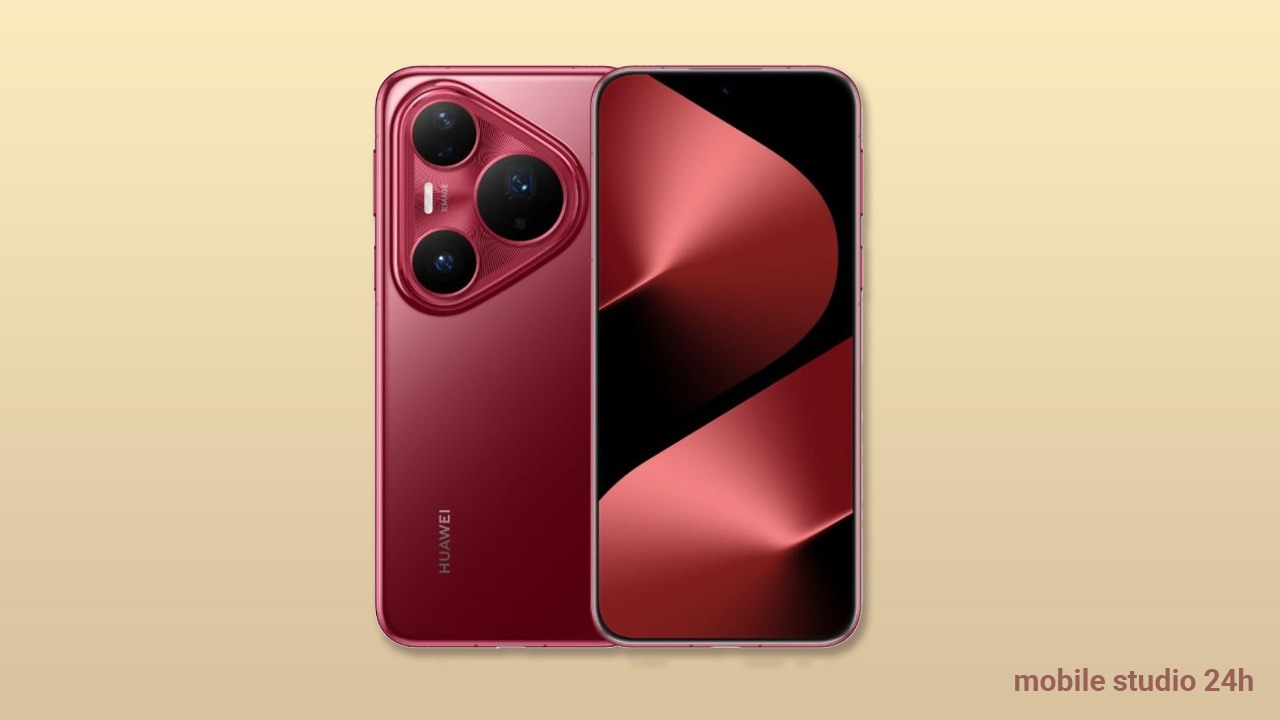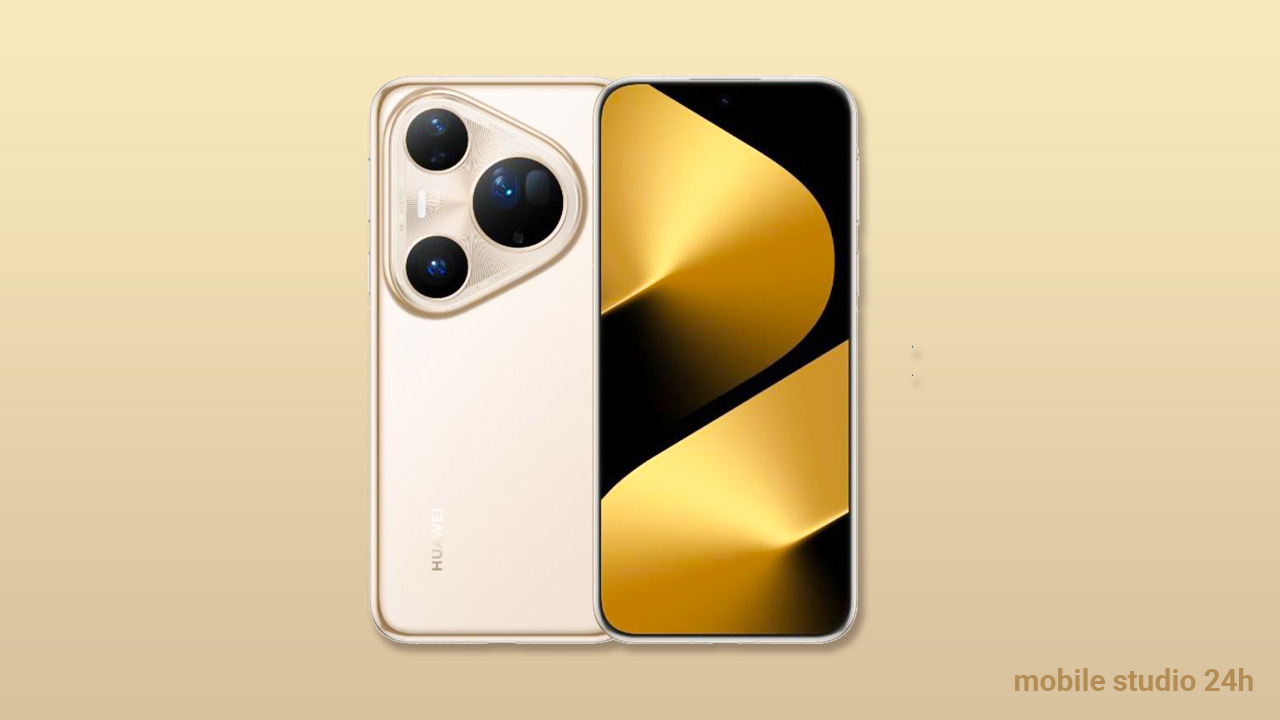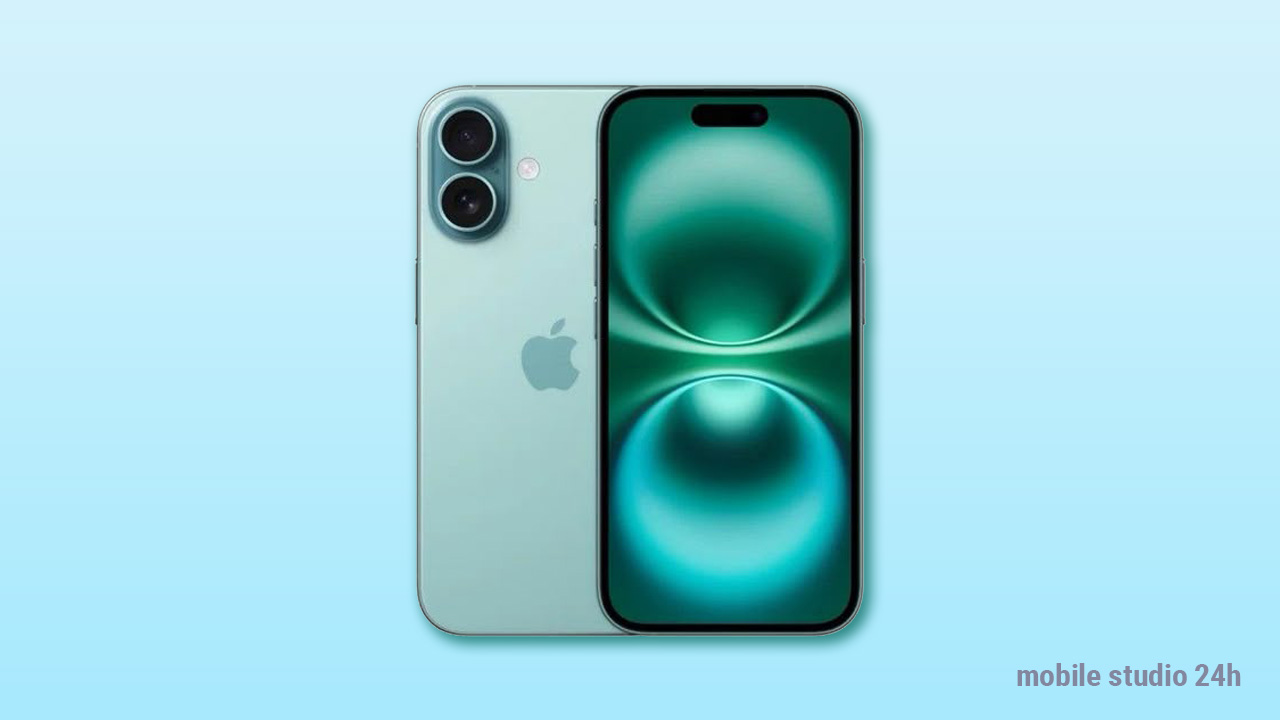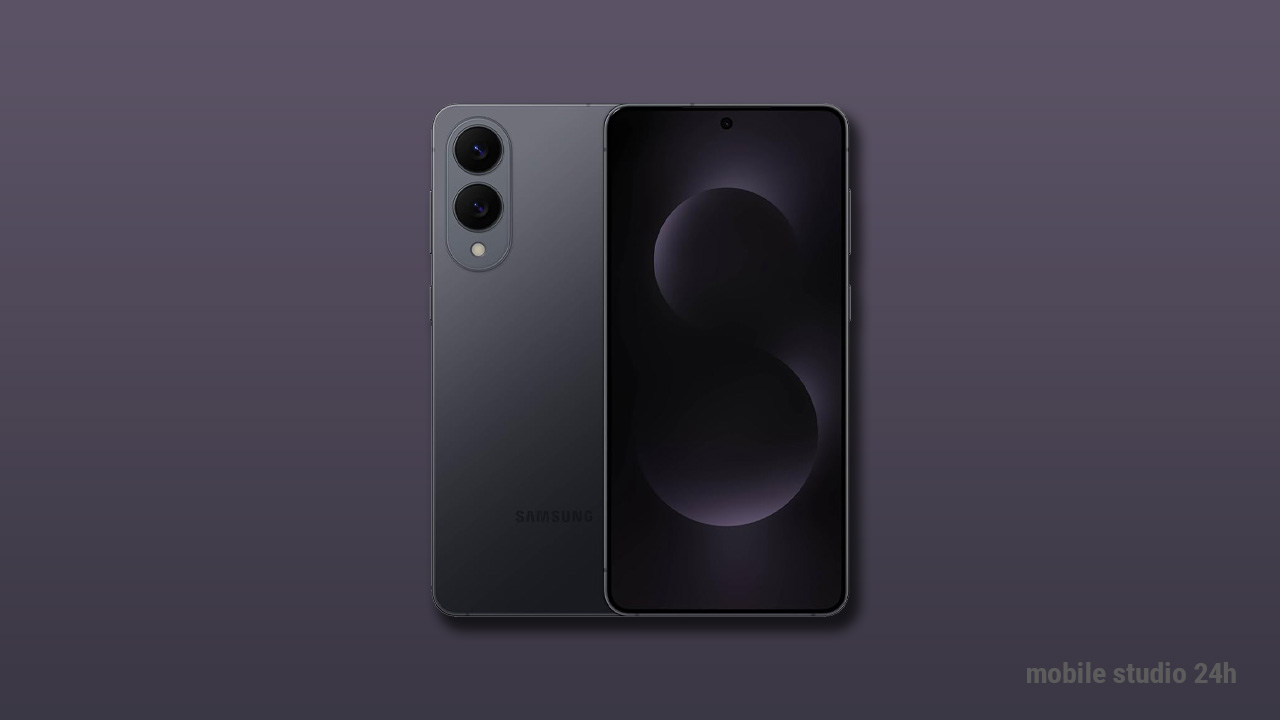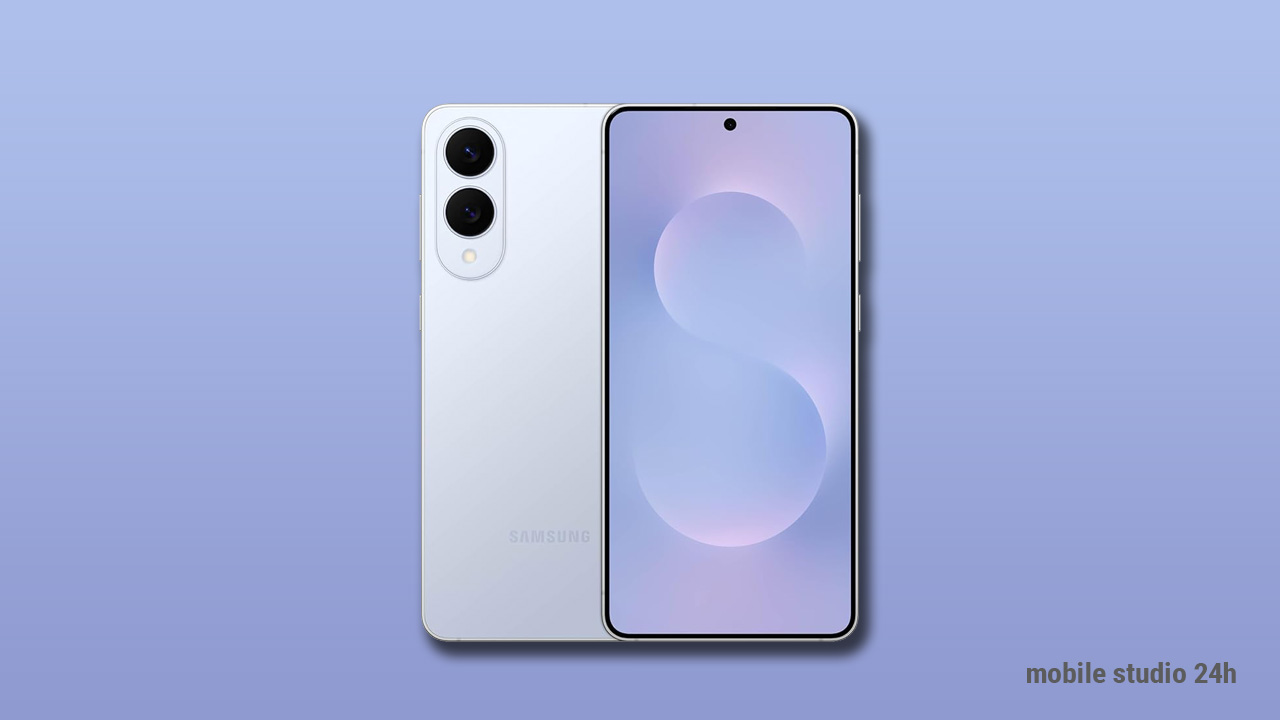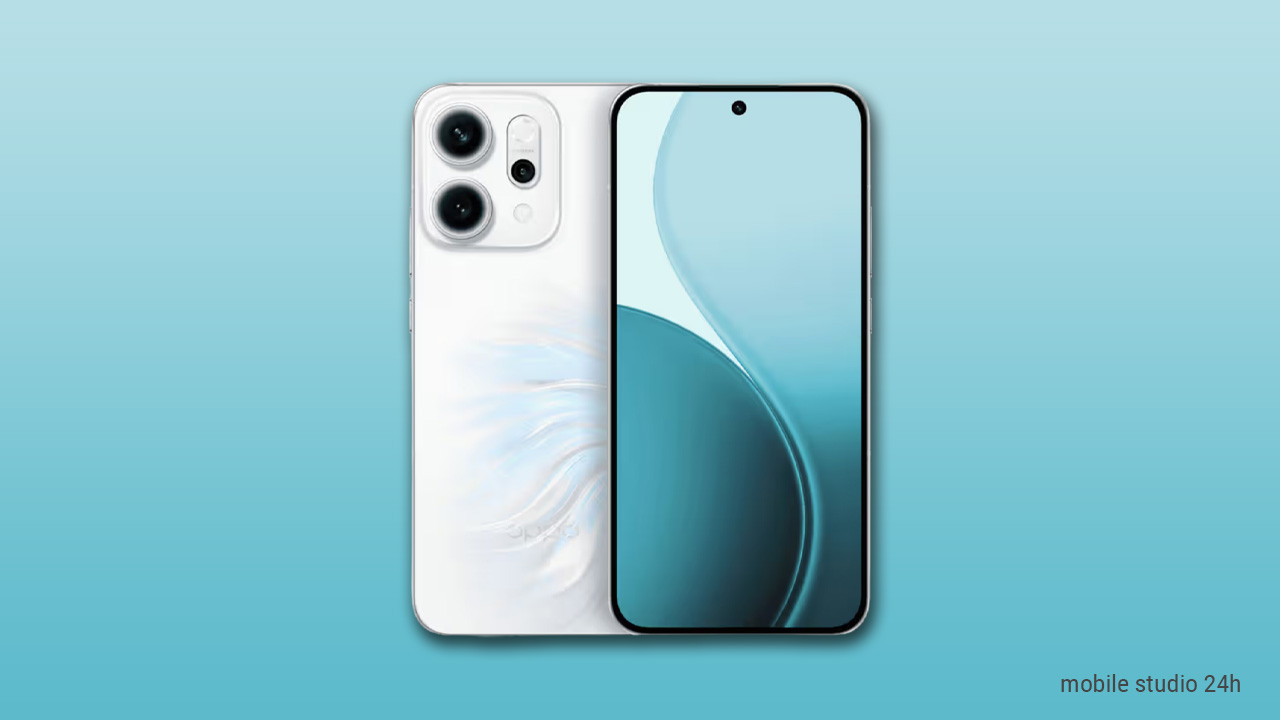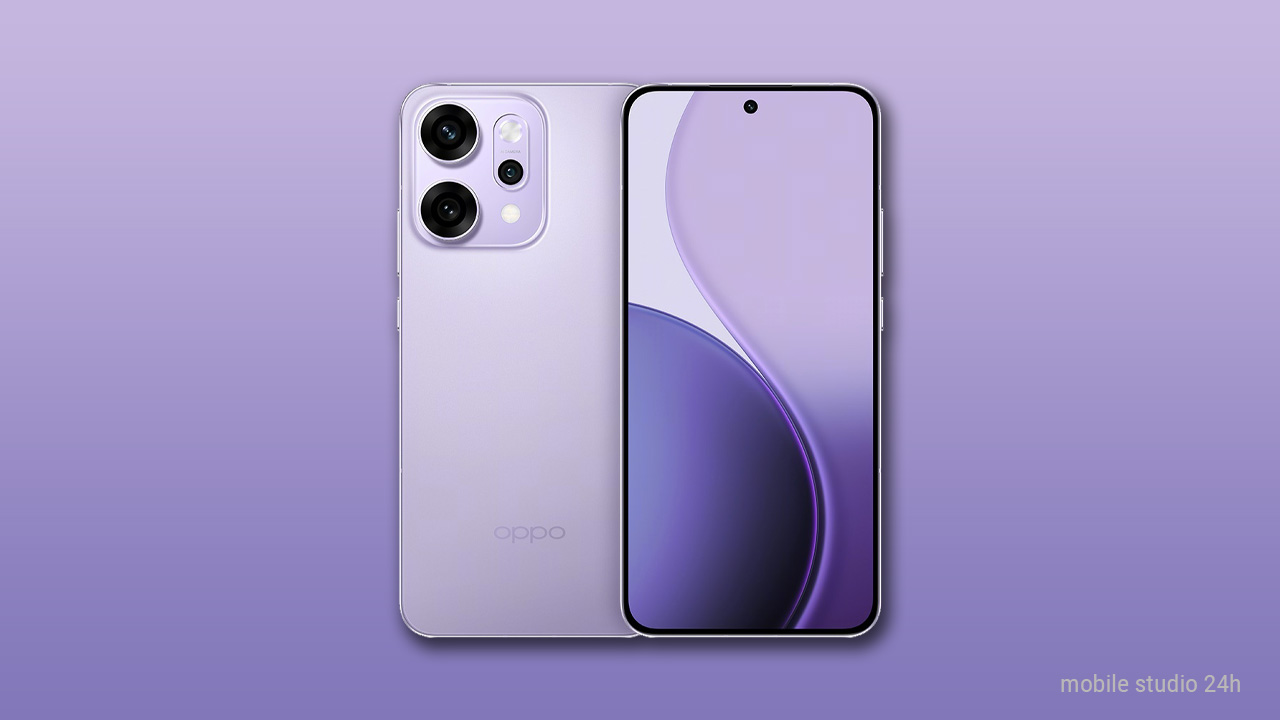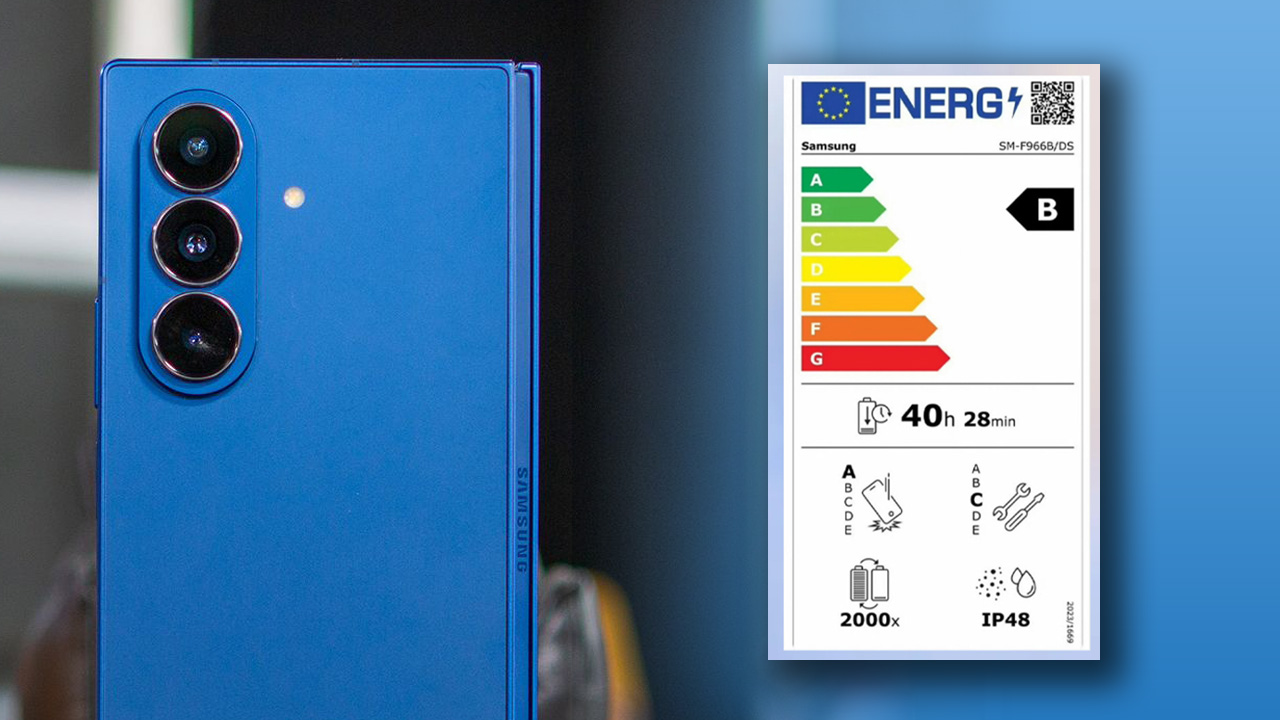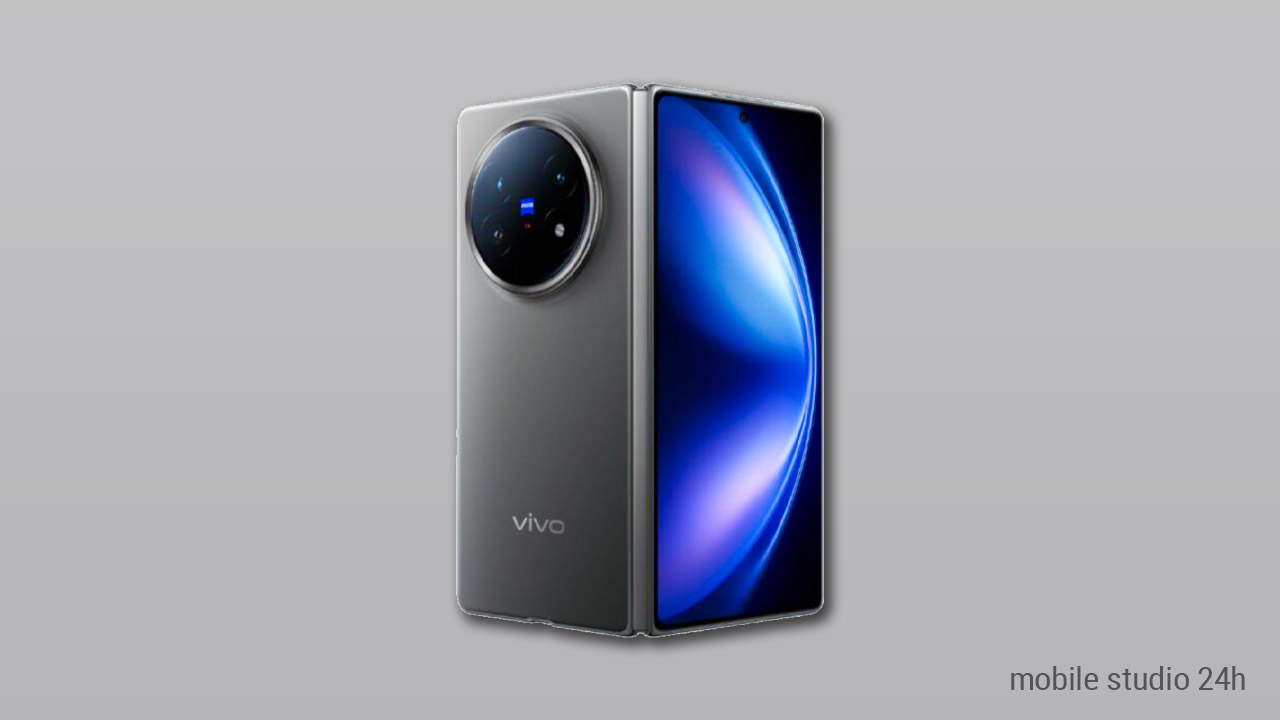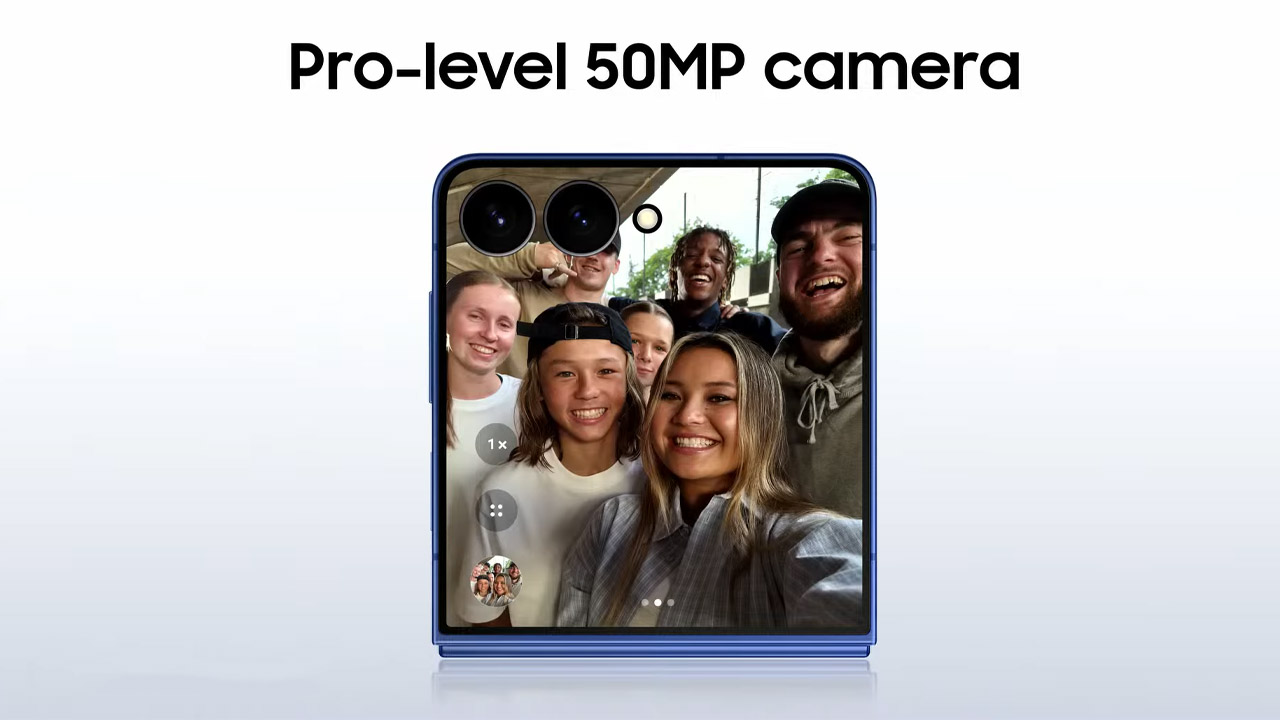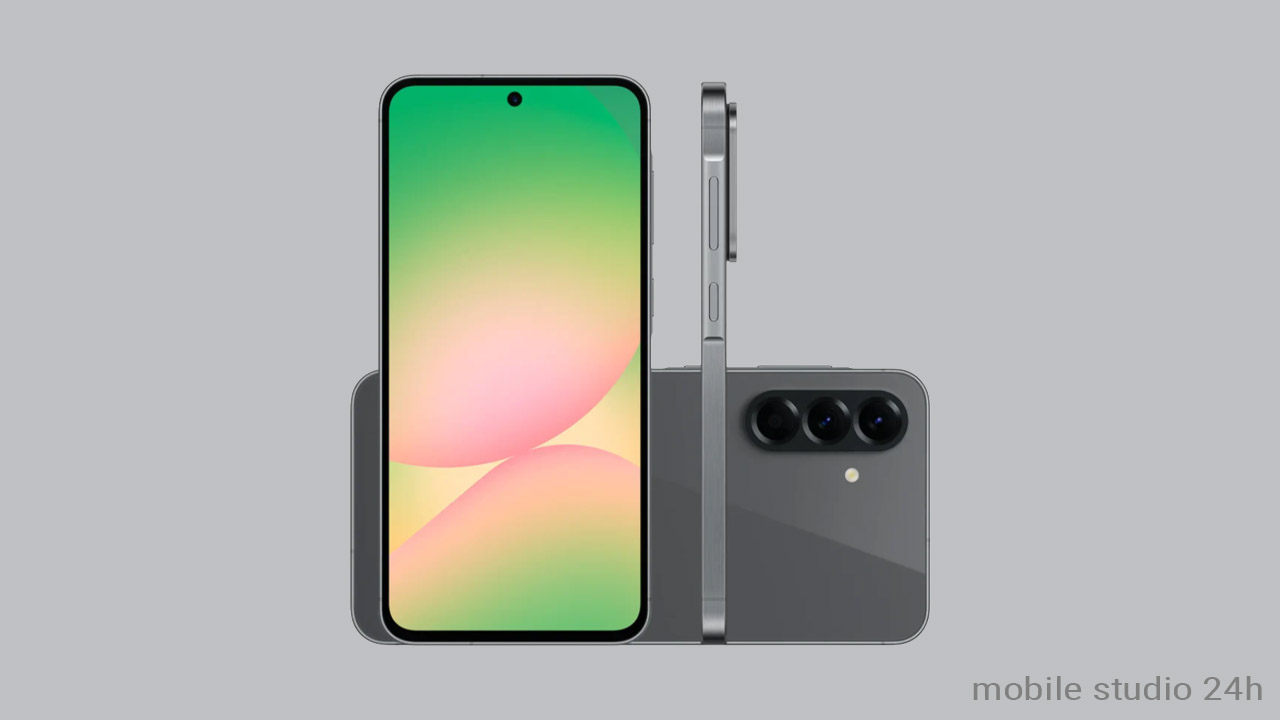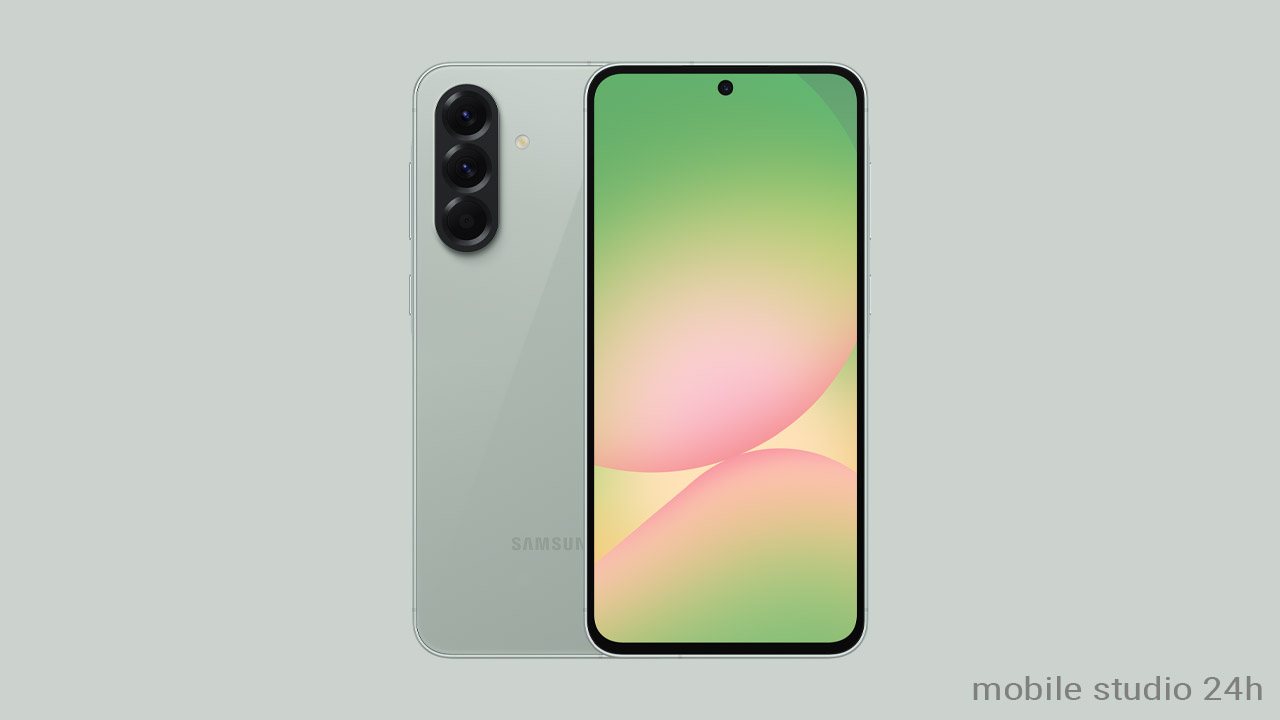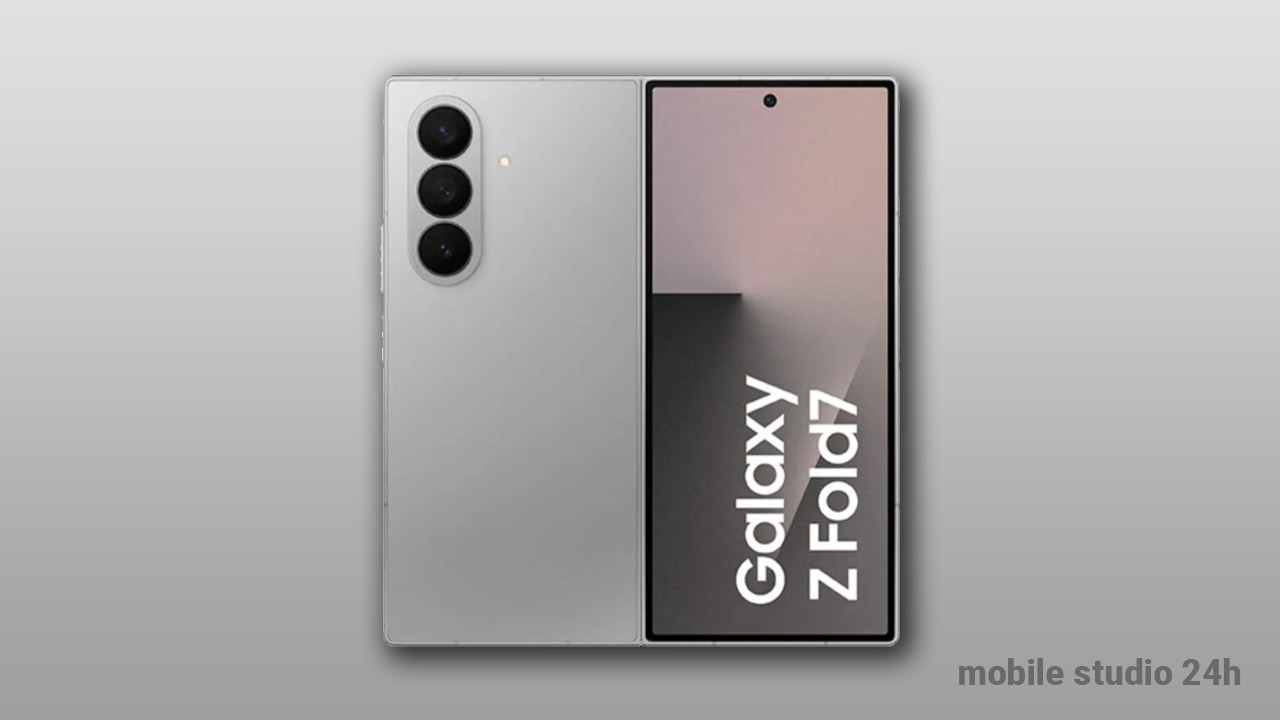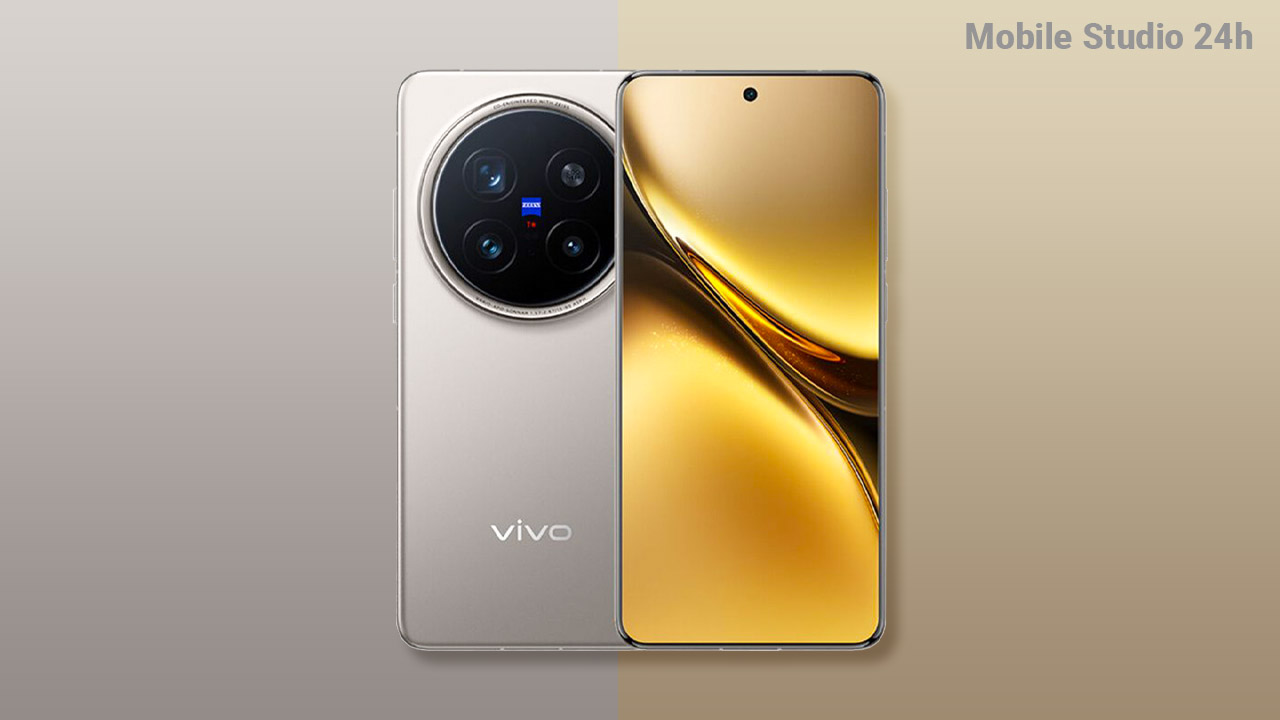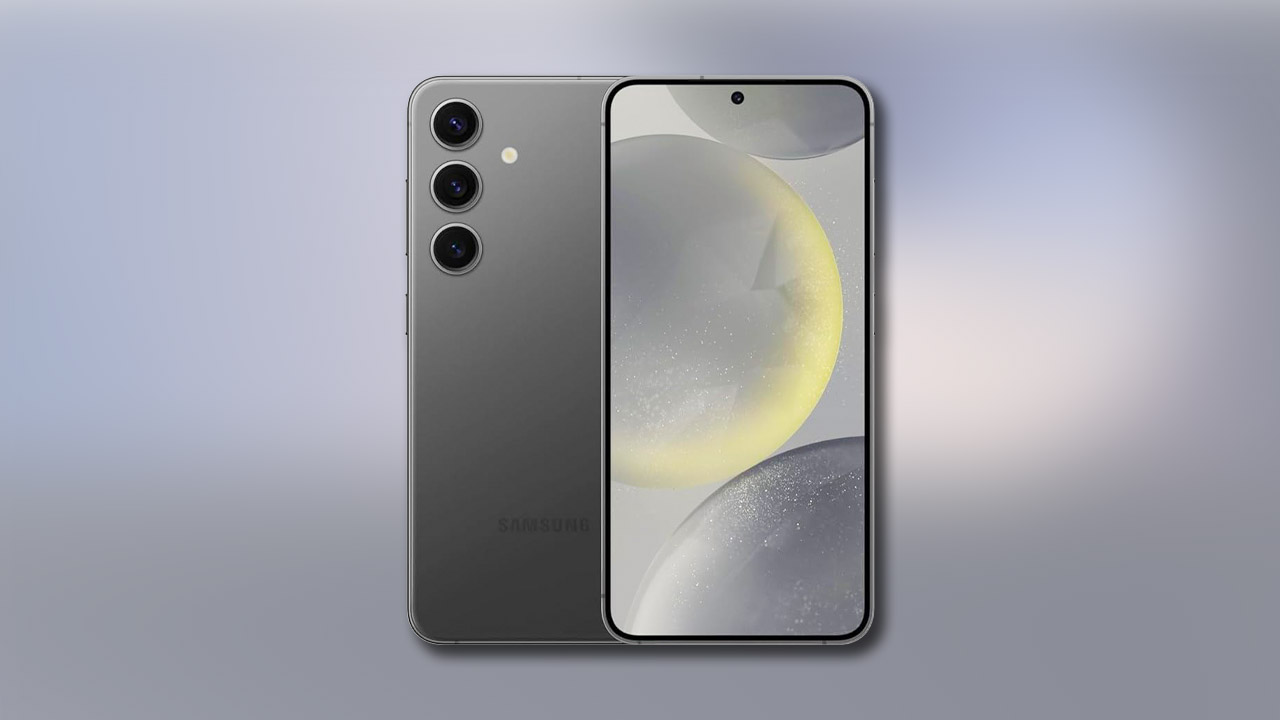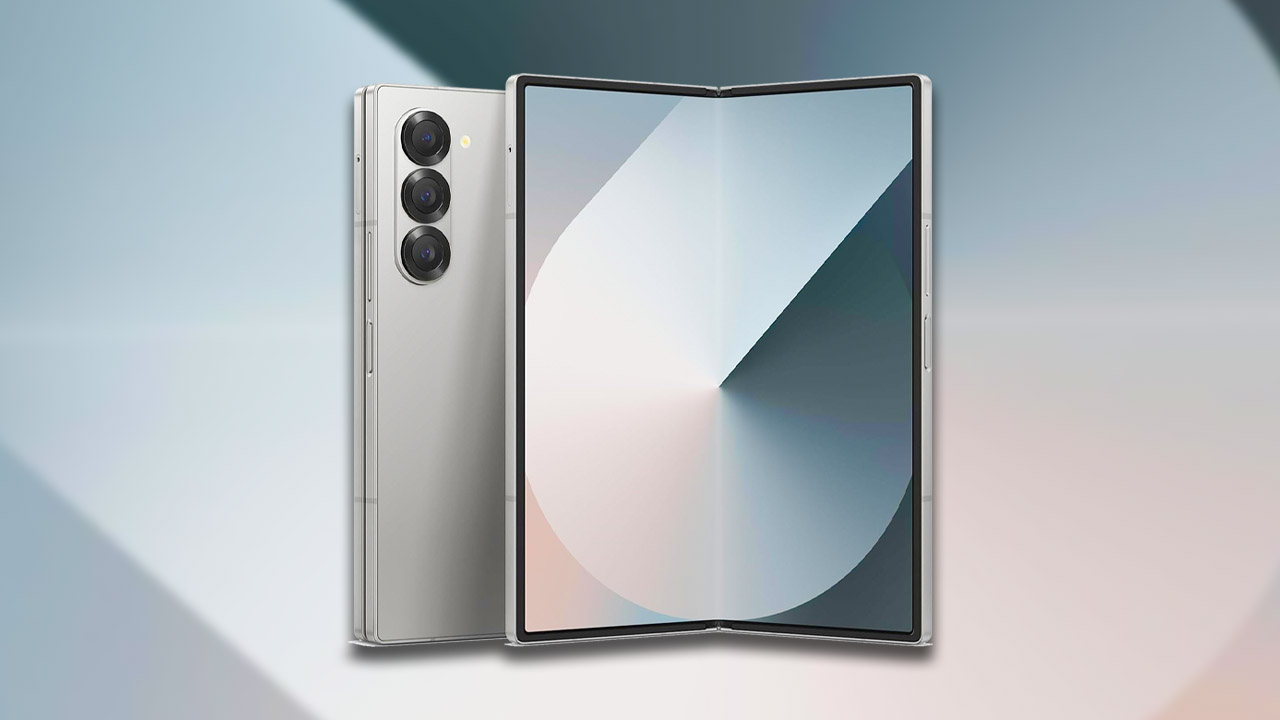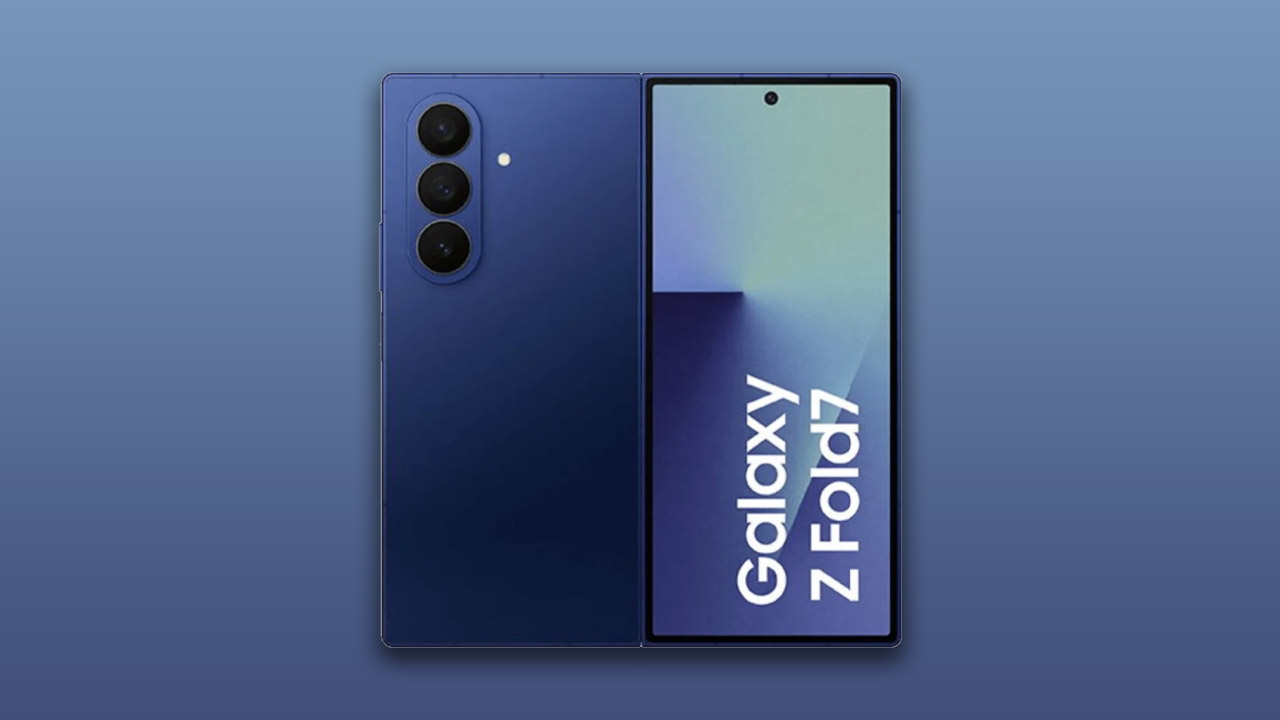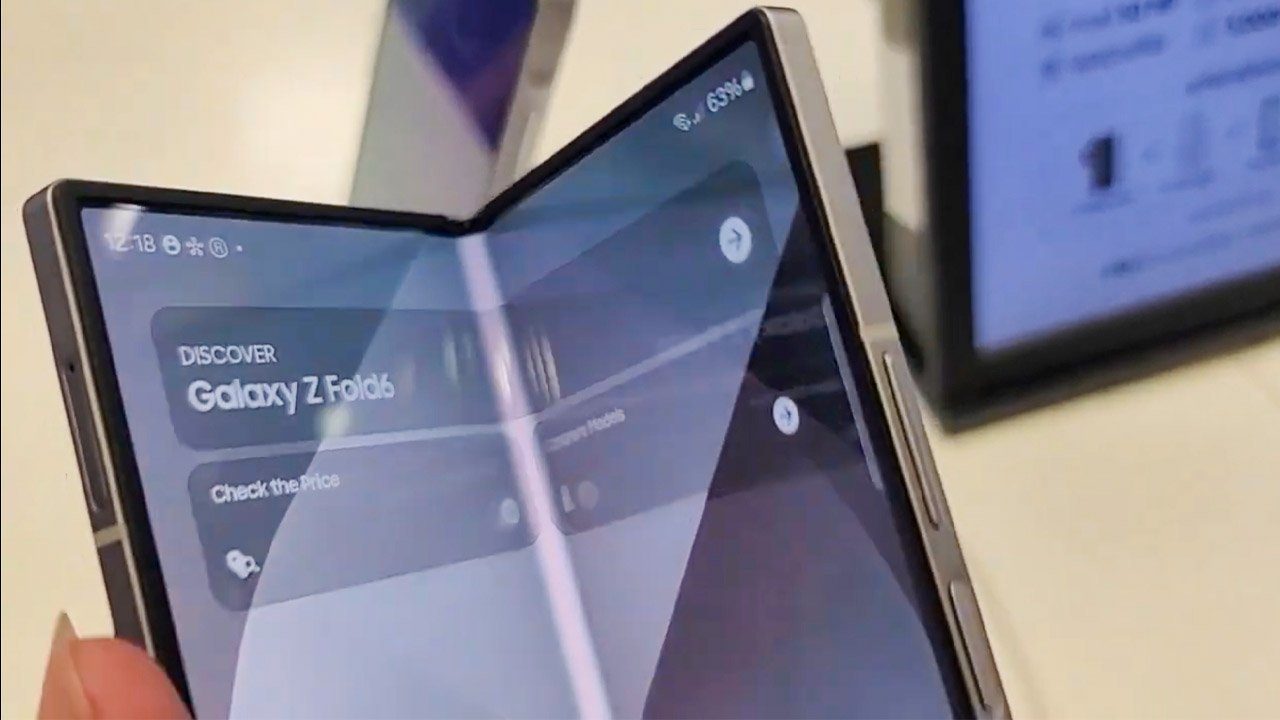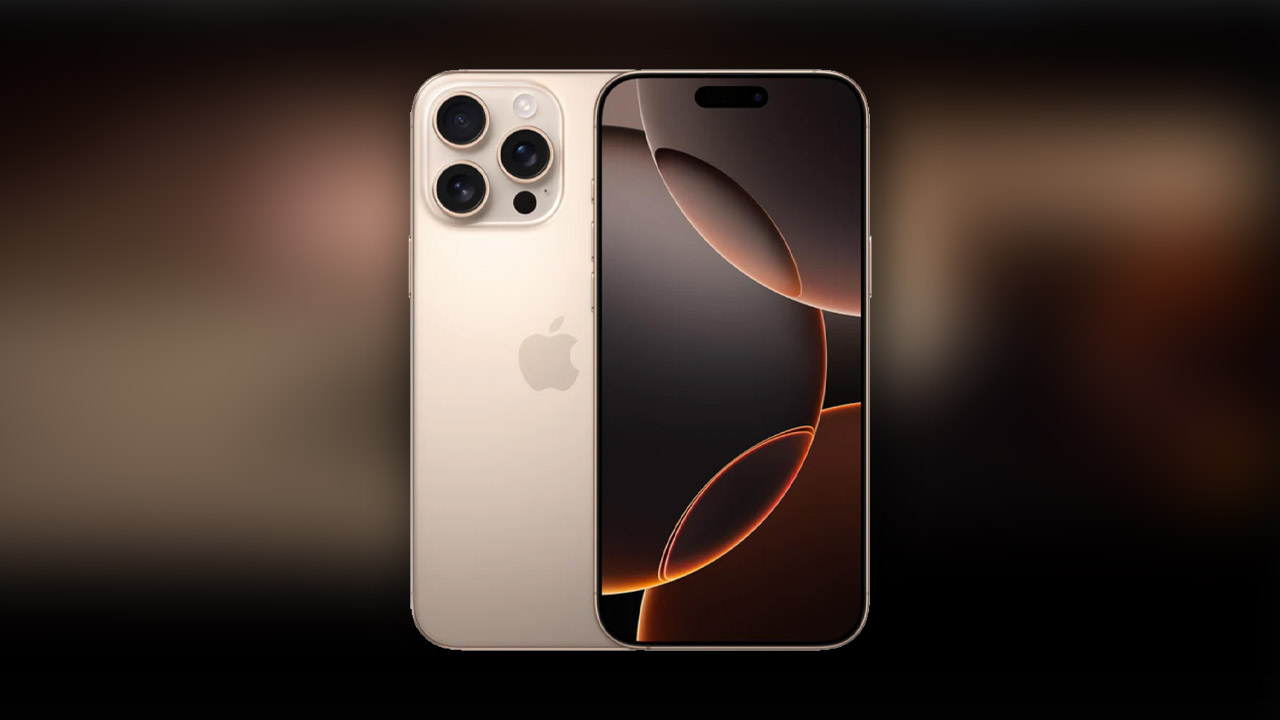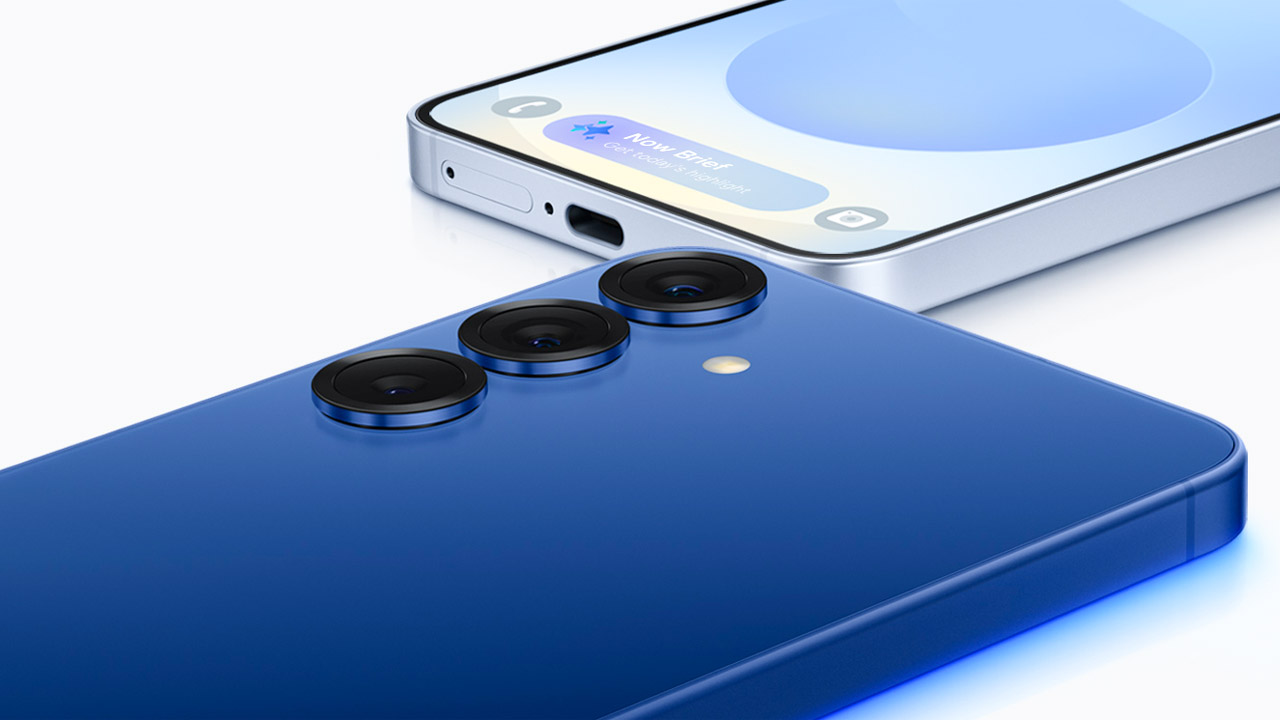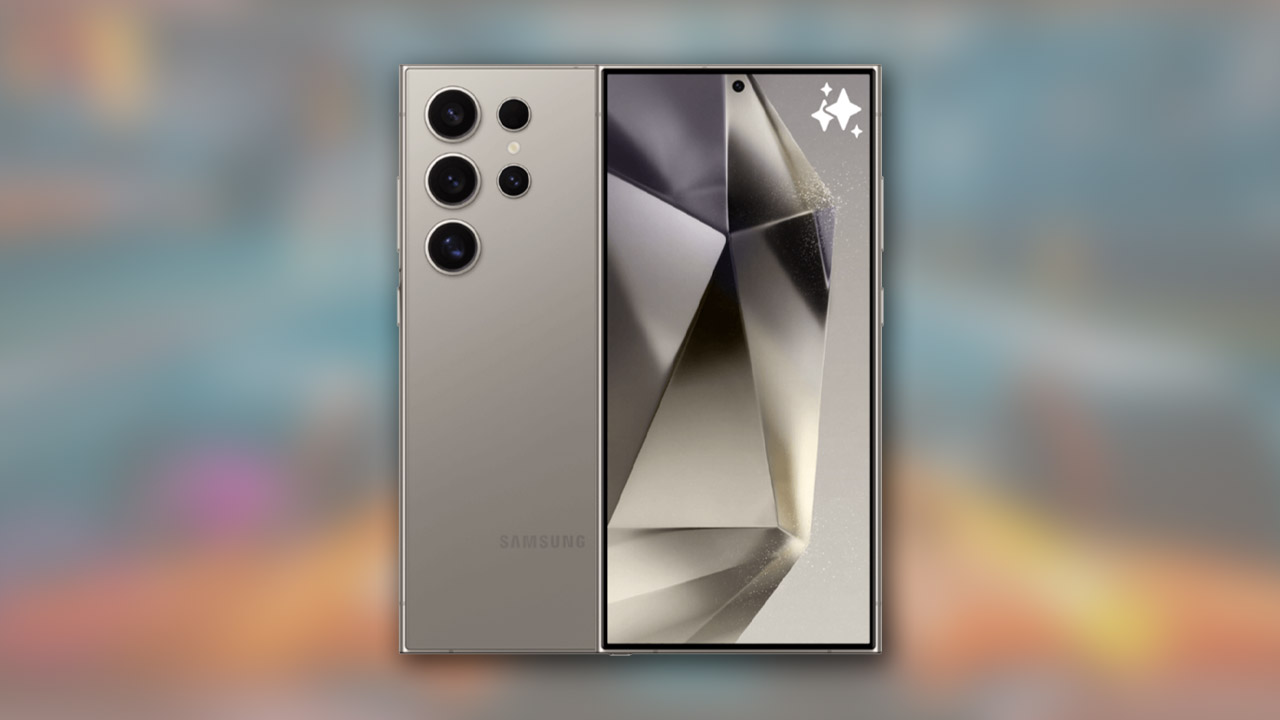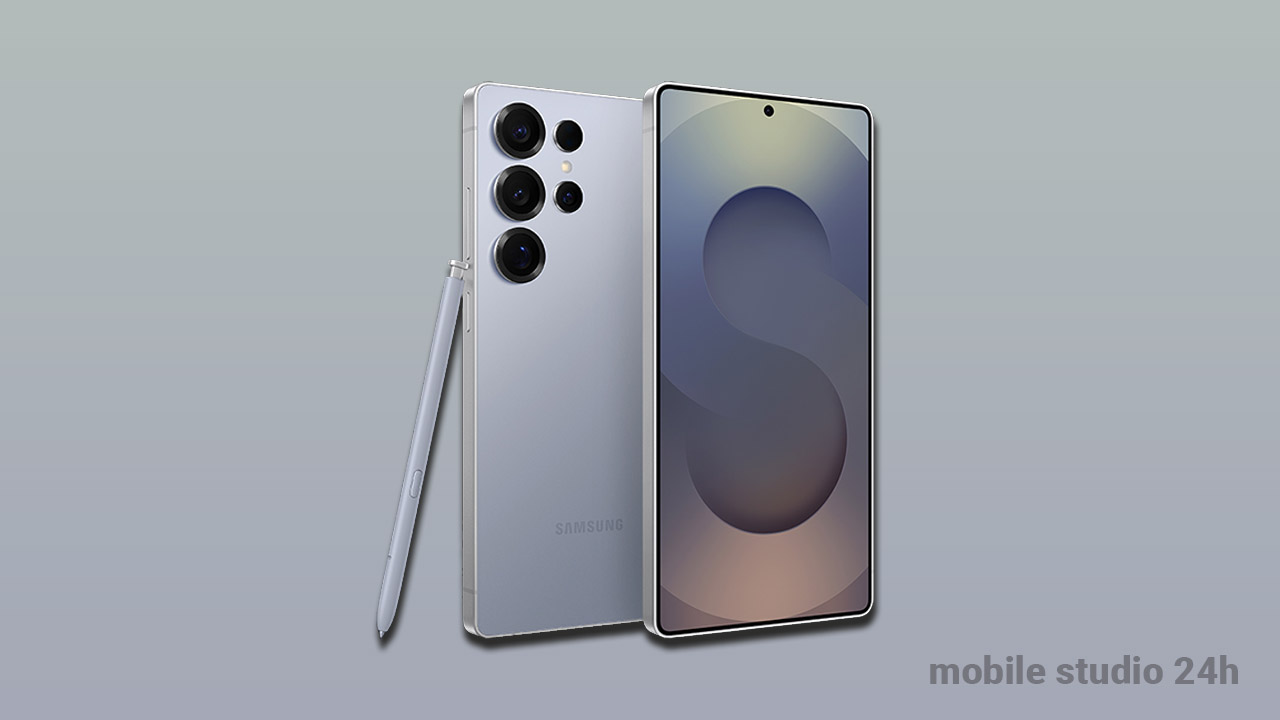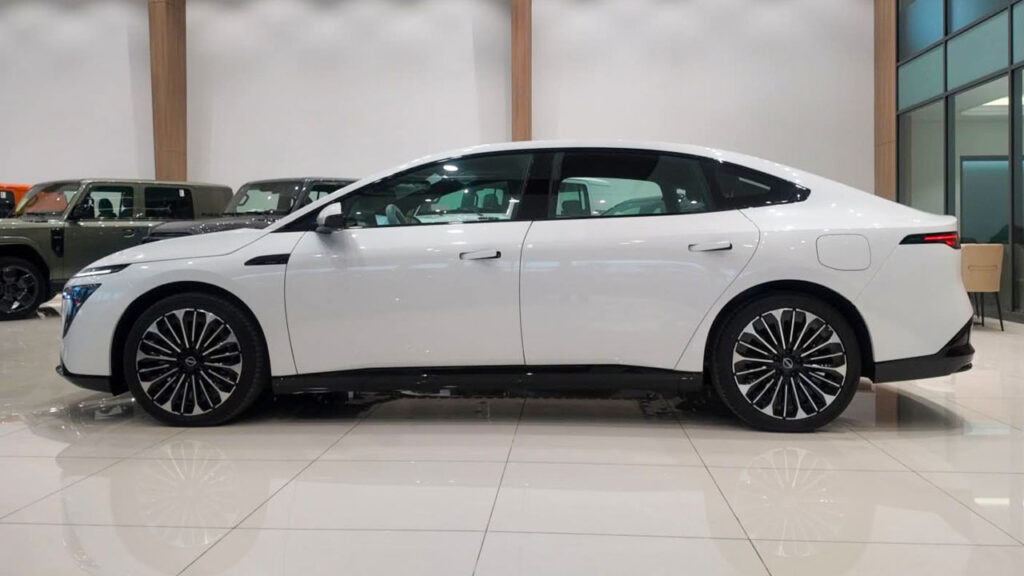
The Nissan N7 represents a critical component of Nissan’s global electrification push, particularly within the competitive mid-to-large-size sedan segment. Developed and produced through the Dongfeng Nissan joint venture in China, the N7 is engineered to blend Nissan’s established reputation for ergonomics and reliability with cutting-edge electric vehicle (EV) technology and striking, modern design elements.
Exterior Design and Dimensions
The N7 is a substantial vehicle, measuring 4,930 mm in length, 1,895 mm in width, and 1,487 mm in height, with a long wheelbase stretching 2,915 mm. These dimensions place it in contention with rivals like the Tesla Model 3 and Volkswagen ID.7, though the N7 is notably longer and offers impressive cabin volume.
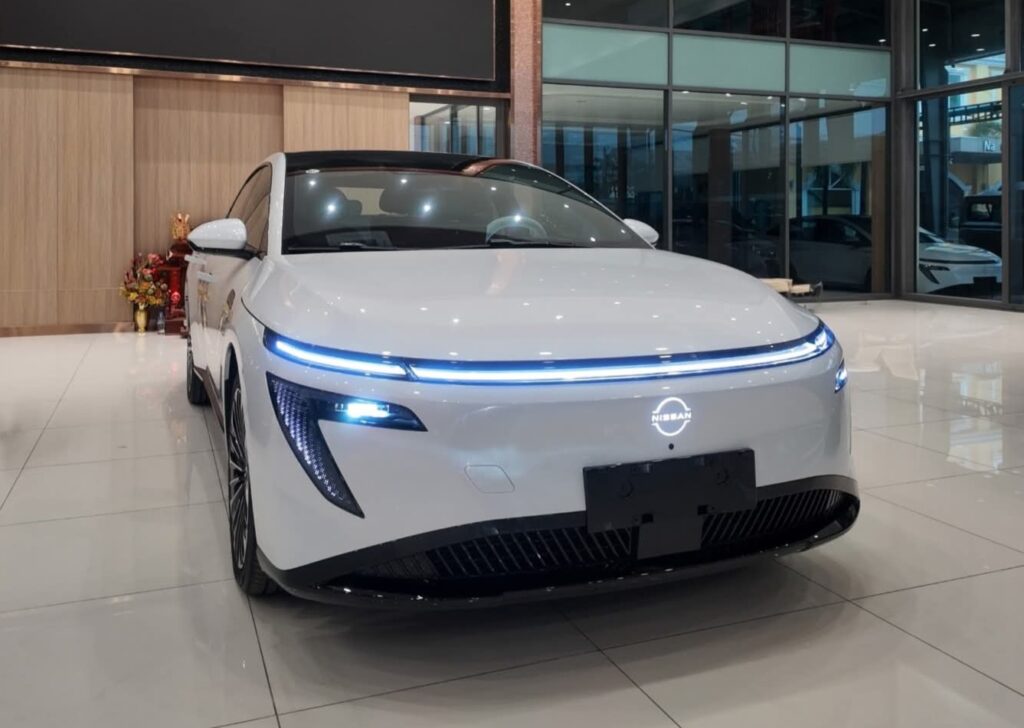
Styling utilizes a refreshed interpretation of Nissan’s V-Motion design language, adapted for the EV era with a sleek, closed-off front fascia. The profile is defined by a dynamic fastback roofline, frameless doors, and flush-mounted door handles, contributing to an impressive ultra-low drag coefficient of just 0.208 Cd. A key feature is the advanced light system: higher trims boast a unique “Magic Canvas” function, allowing the front (710 high-power LEDs) and rear (882 OLED units) light panels to display customizable messages or patterns, adding a distinct, high-tech character.
Interior Focus on Comfort and Technology
Inside, the N7 prioritizes comfort and digital integration. The centerpiece of the cabin is a floating 15.6-inch 2.5K HD central touchscreen paired with a 10.25-inch fully digital instrument cluster. The infotainment system runs on the new NISSAN OS, powered by high-performance Qualcomm Snapdragon chips (either the 8155 or the range-topping 8295P). This powerful hardware ensures smooth operation, robust AI voice assistance, and comprehensive connectivity, supporting services like HiCar, Carlink, and Apple CarPlay. Practical features, such as a 50W wireless charging pad and even an integrated refrigerator on select Max trims, enhance convenience for family users.
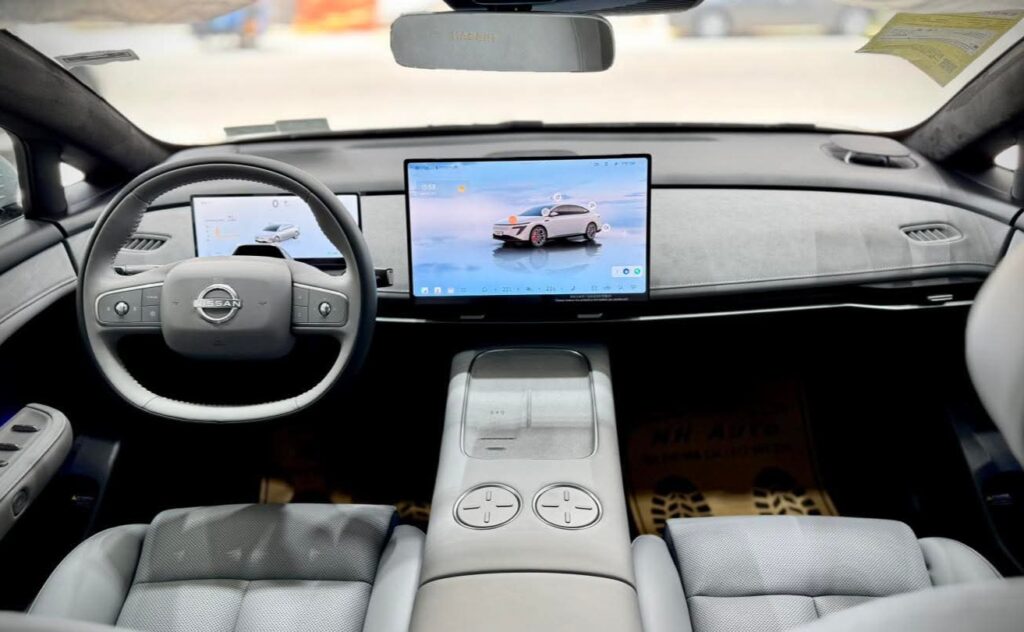
The commitment to passenger well-being is highlighted by the advanced seating system. Max trims feature “AI Zero-Pressure Cloud Seats,” which integrate up to 49 sensors and air cushions that adaptively adjust in real-time to the occupant’s body, providing superior support. Furthermore, the entire cabin environment is built using low-emission, “Zero Formaldehyde” certified materials, appealing directly to health-conscious family buyers.
Powertrain, Range, and Charging
The Nissan N7 offers two front-motor, front-wheel-drive powertrain configurations, both utilizing Lithium Iron Phosphate (LFP) batteries sourced from Sunwoda:
Standard Range: Equipped with a 58 kWh battery and a 160 kW (215 hp) electric motor, delivering a CLTC (China Light-Duty Vehicle Test Cycle) range of 510–540 km.
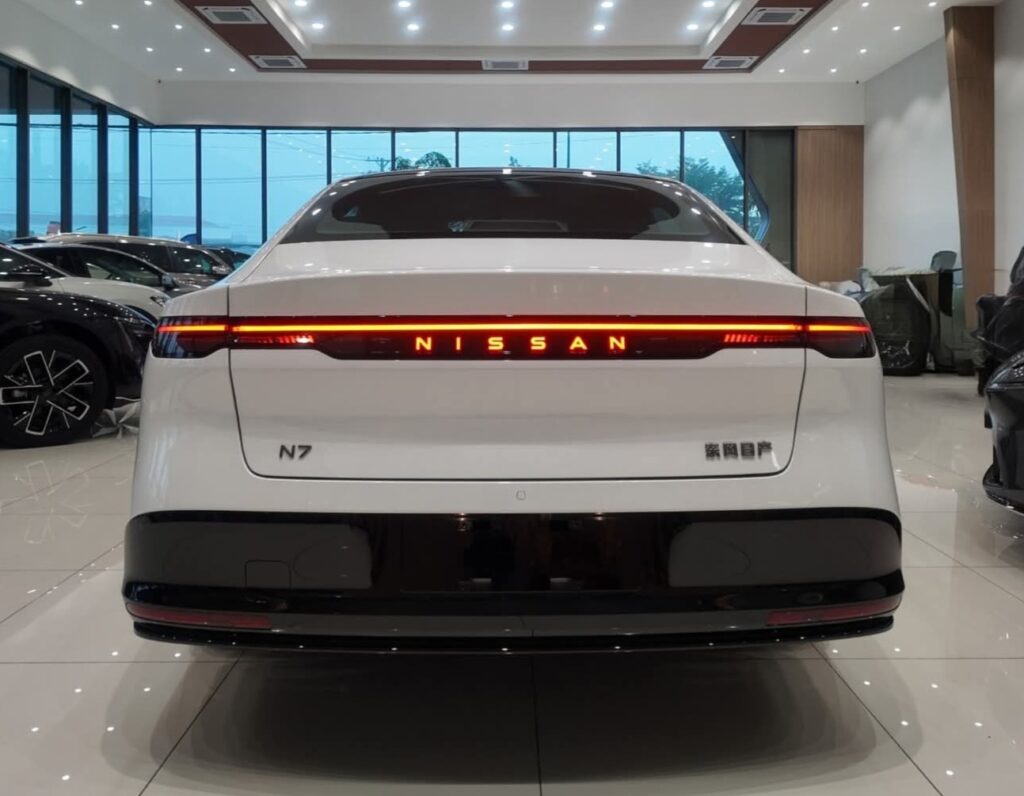
Extended Range: Features a 73 kWh battery and a more powerful 200 kW (268 hp) motor, achieving a competitive CLTC range of 625–635 km.
The focus of the performance tuning is on real-world usability and a smooth driving experience rather than extreme acceleration, with the higher-spec version reaching 100 km/h in approximately 6.9 seconds. Crucially, the N7 supports ultra-fast DC charging, enabling a recharge from 30% to 80% in a rapid 14 to 19 minutes, minimizing charging downtime.
Advanced Driver Assistance Systems (ADAS)
To remain competitive in the smart EV space, Nissan partnered with autonomous driving specialist Momenta to integrate a sophisticated Level 2+ driver assistance suite, available on the Max variants. This system includes features like high-speed Navigate on Autopilot (NOA), adaptive cruise control, automatic lane changes, and advanced obstacle avoidance, all designed to make long-distance and urban driving easier and safer.
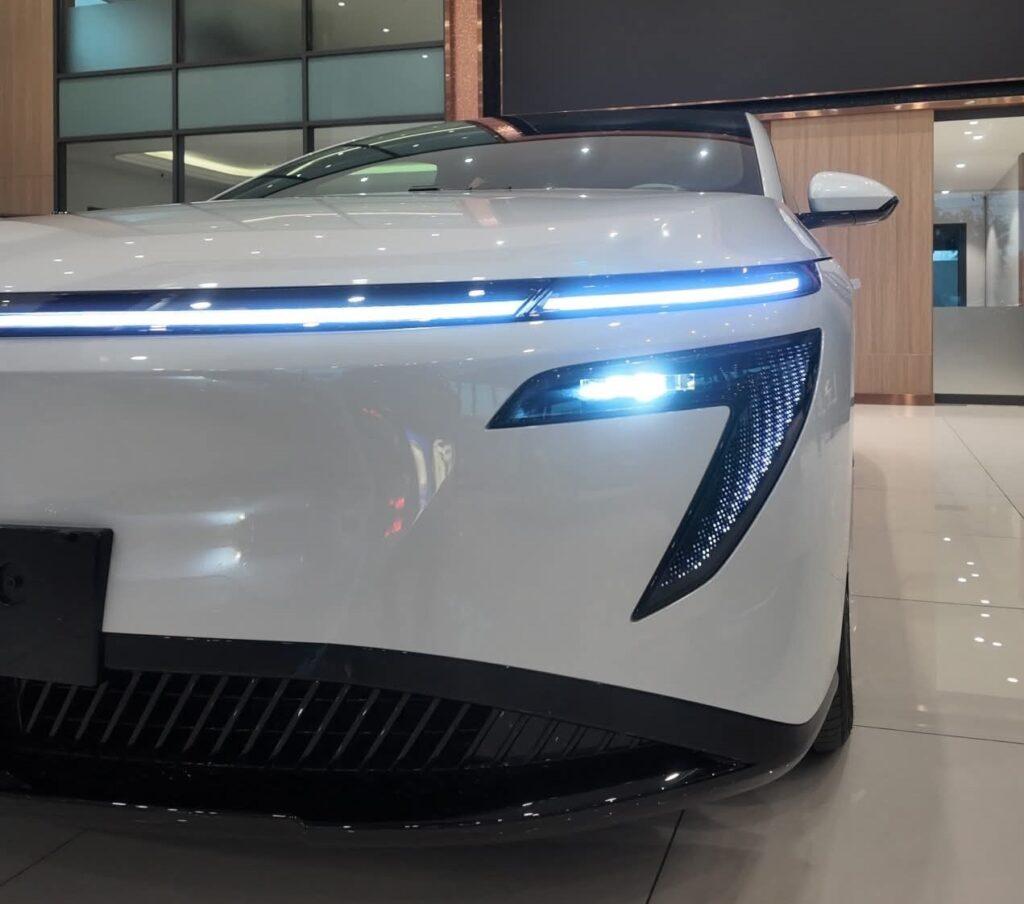
Market Position and Outlook
Launched in China in April 2025 with an aggressive starting price from just 119,900 yuan (approximately $16,500 USD), the N7 was an immediate commercial success. It quickly became the fastest joint-venture pure electric car to surpass 10,000 firm orders in the Chinese market, with initial data showing that over 70% of buyers were new to the Nissan brand.
This overwhelming domestic reception has confirmed Nissan’s decision to export the N7 globally, positioning it as a key model in the company’s worldwide product restructuring under the “The Arc” plan. The N7’s blend of attainable pricing, superior interior comfort, and advanced technology makes it a strong contender against both established and emerging EV rivals.
